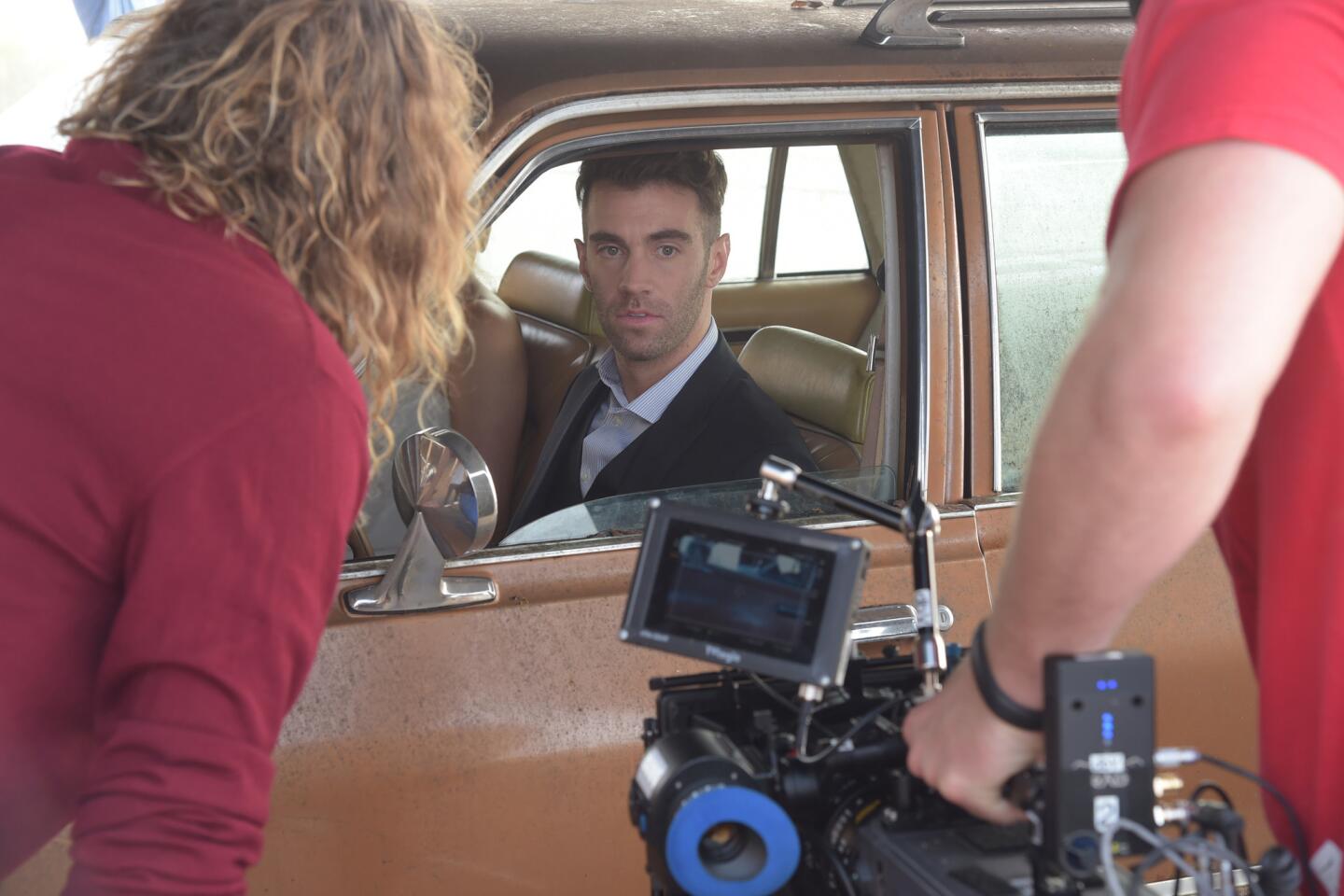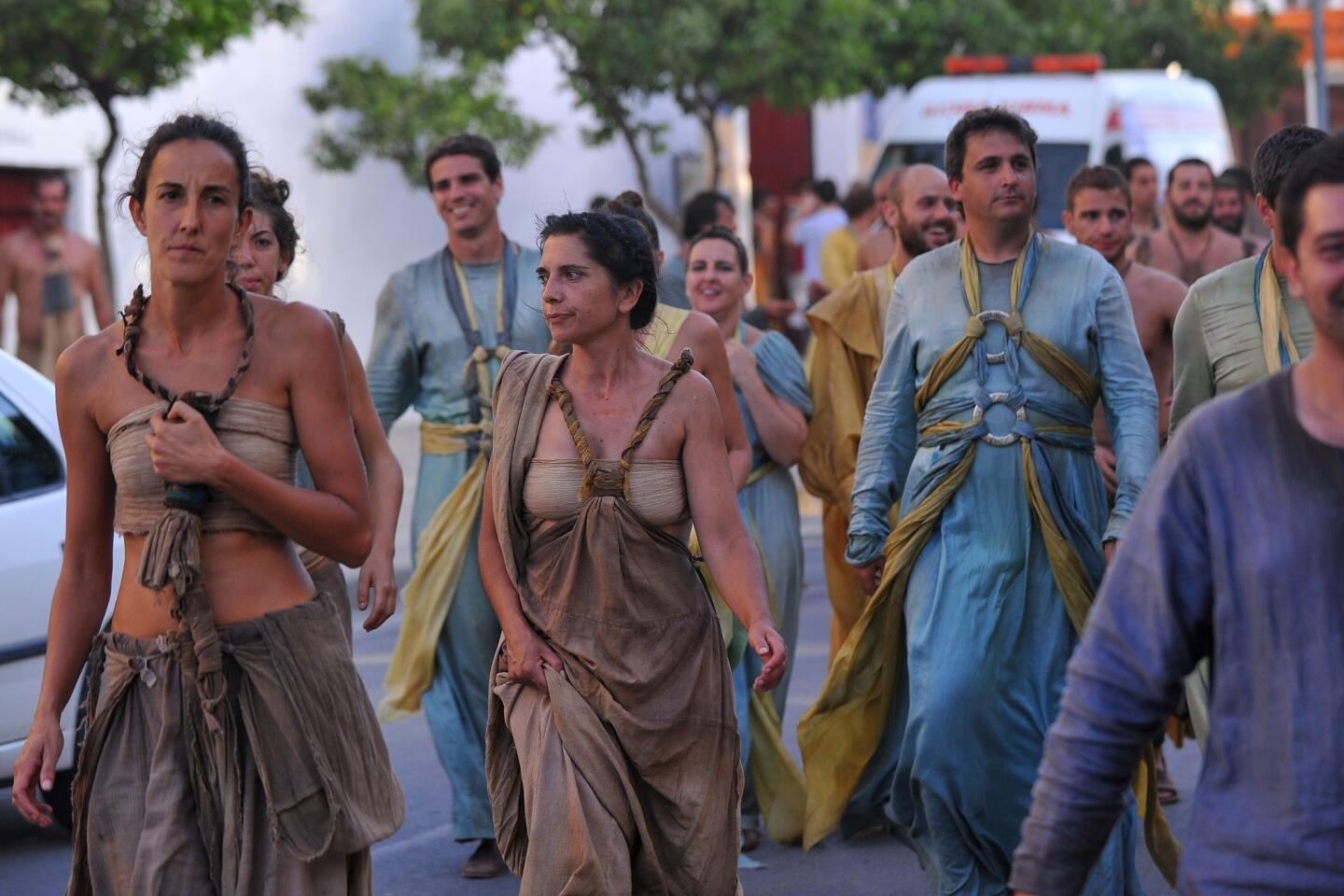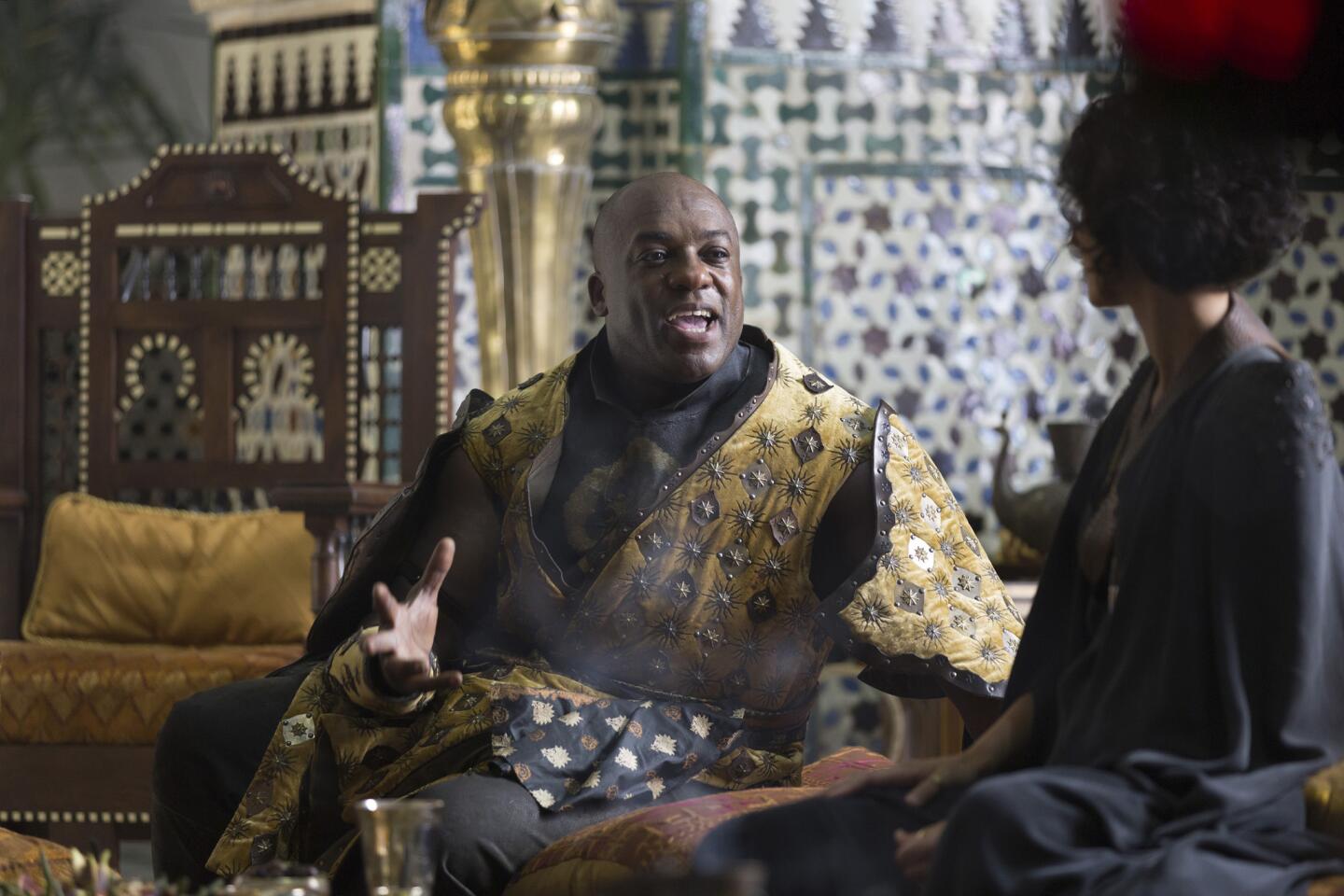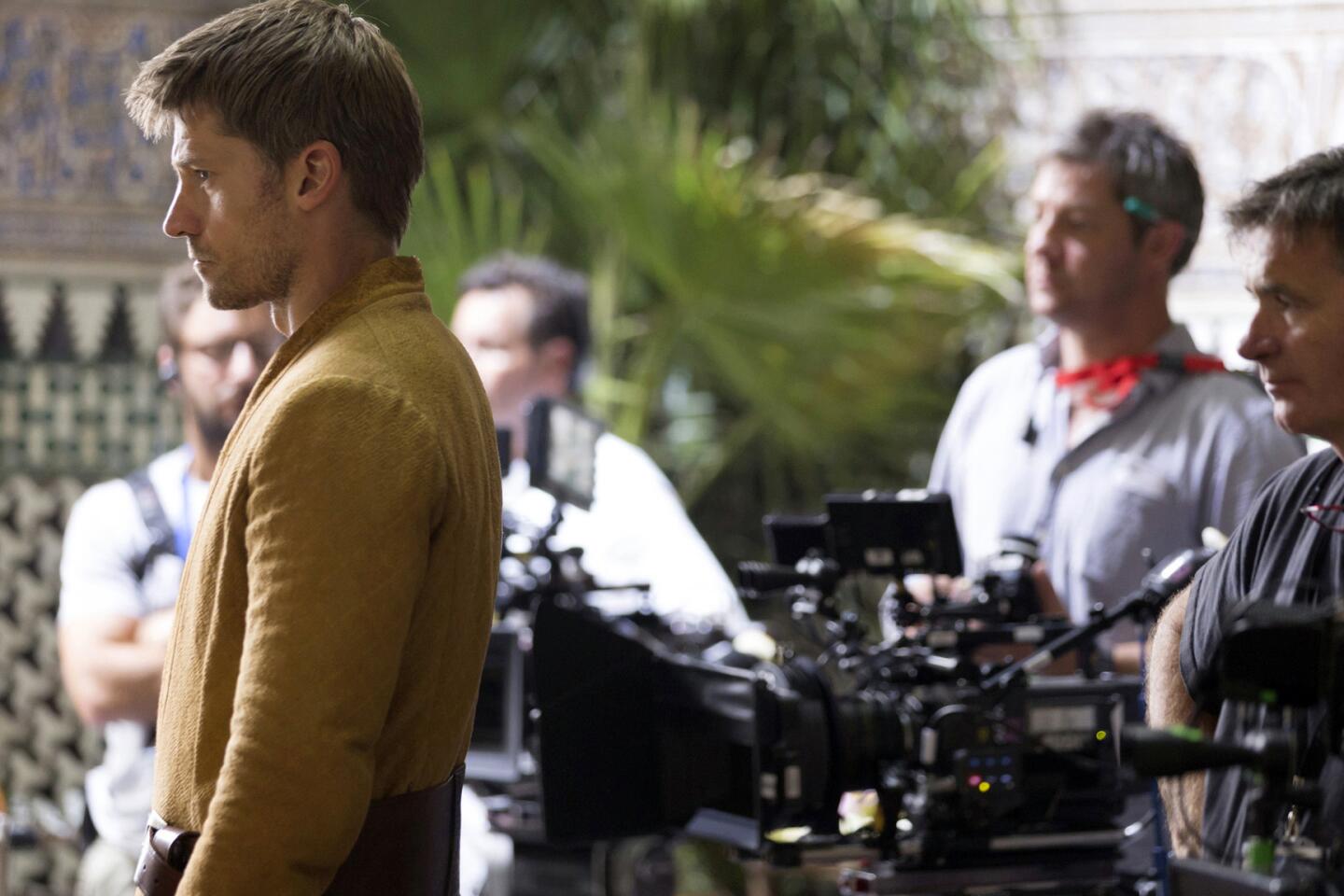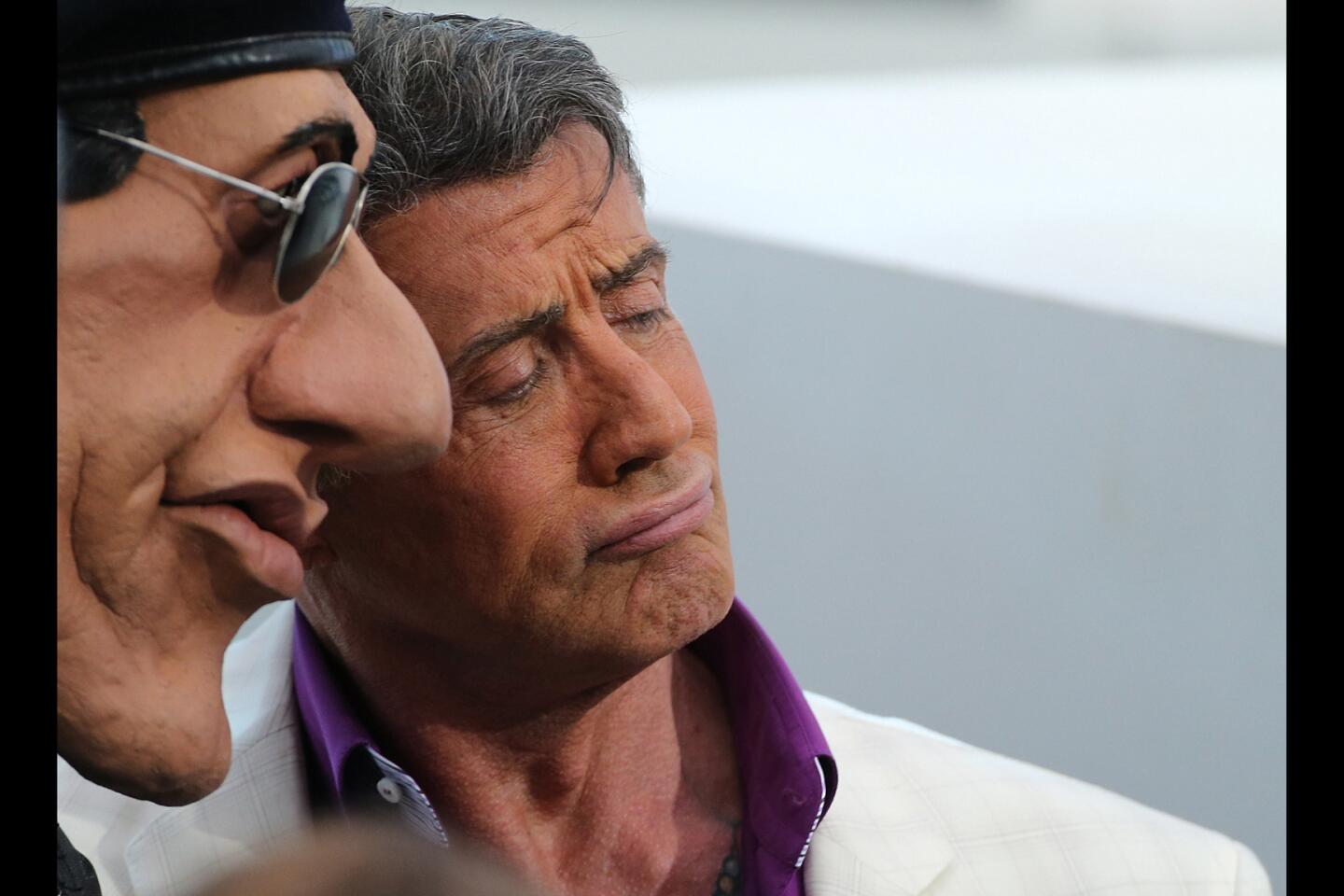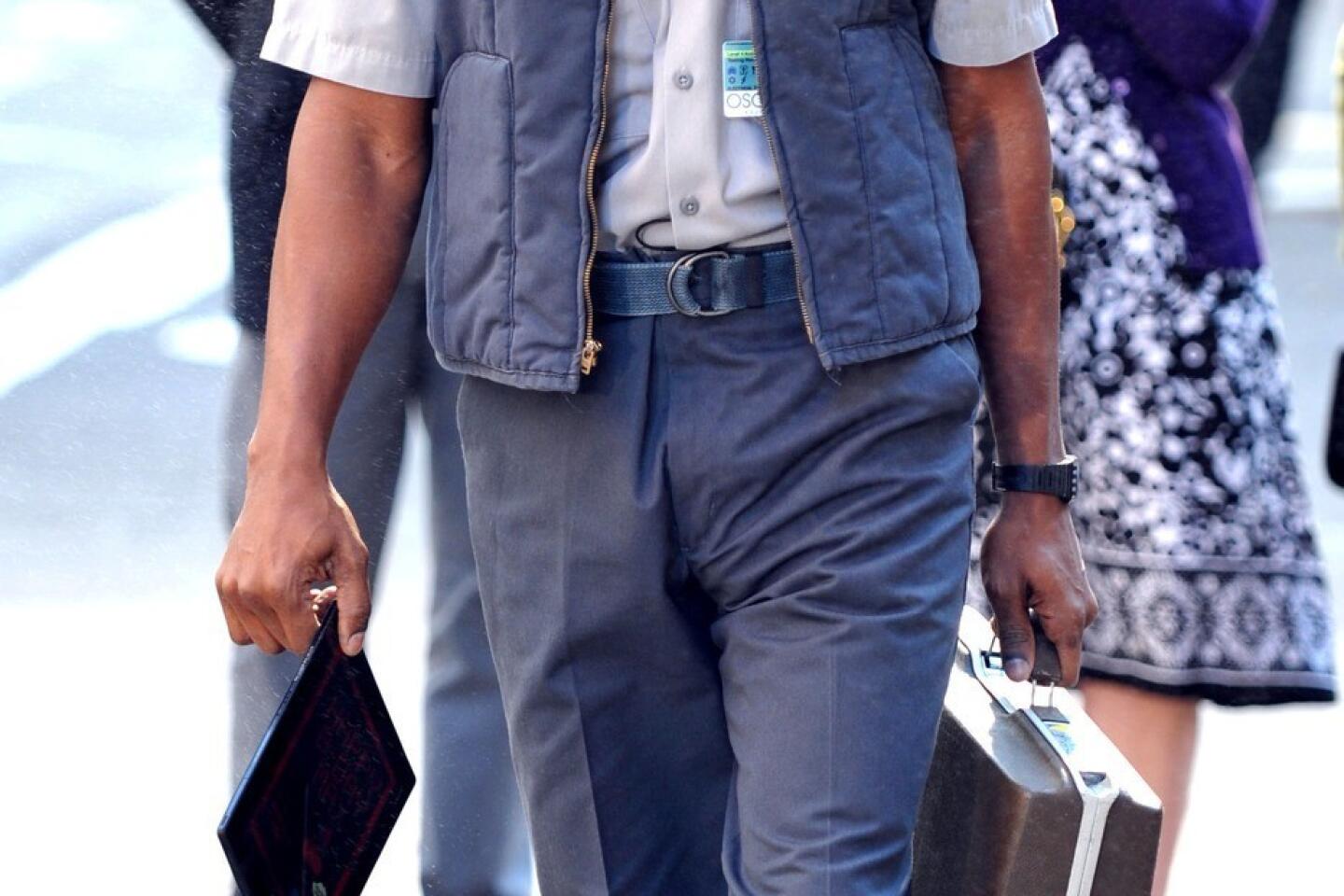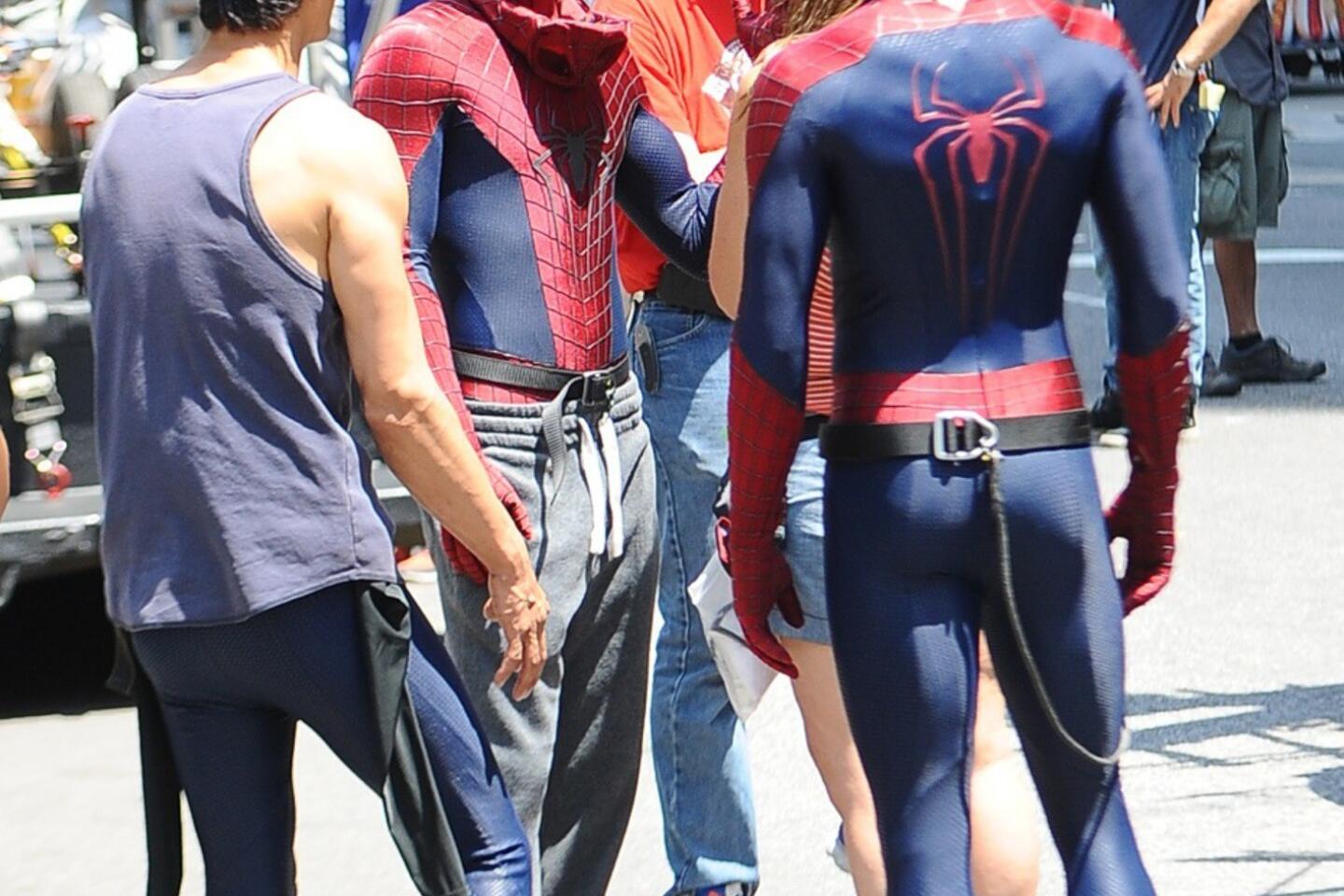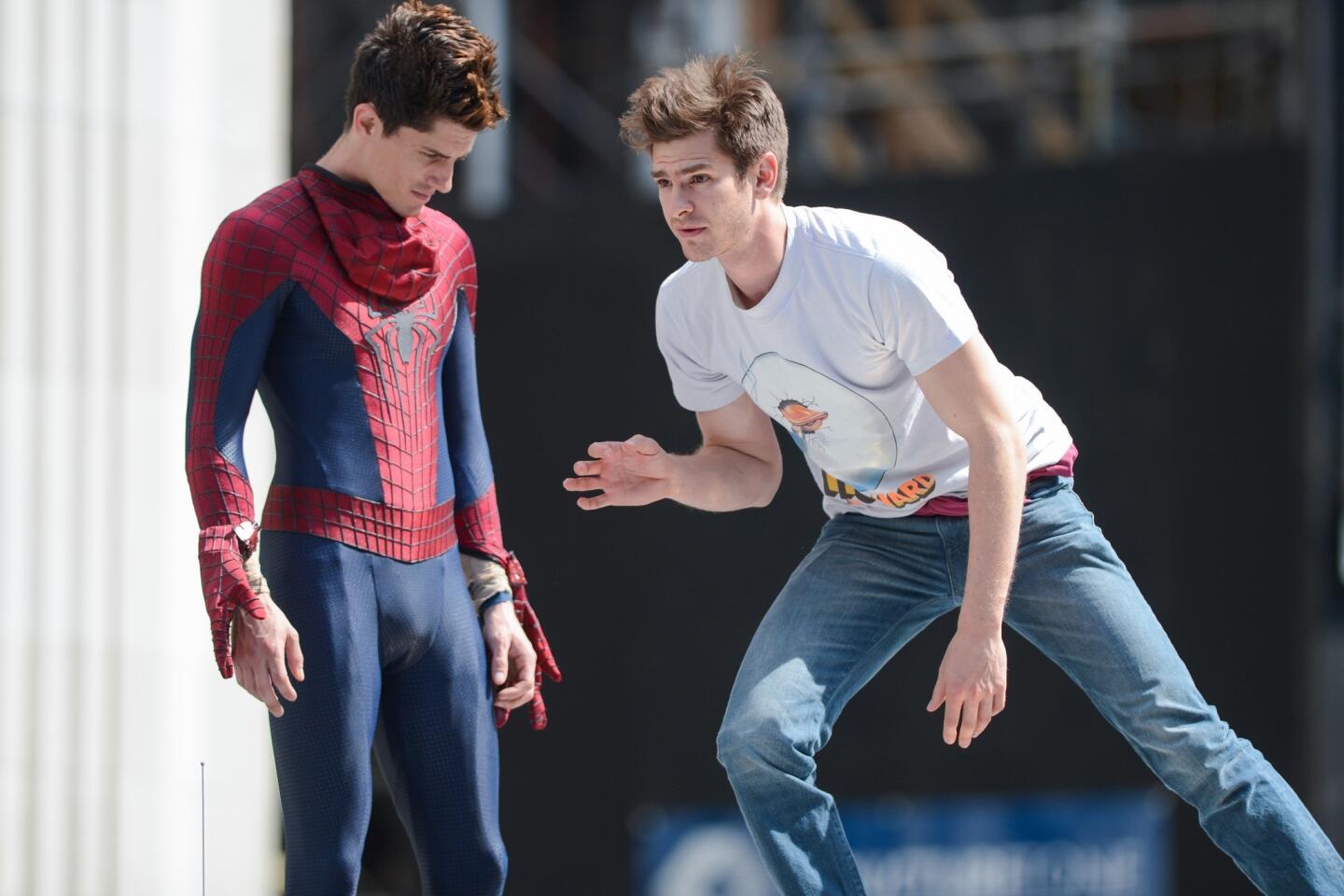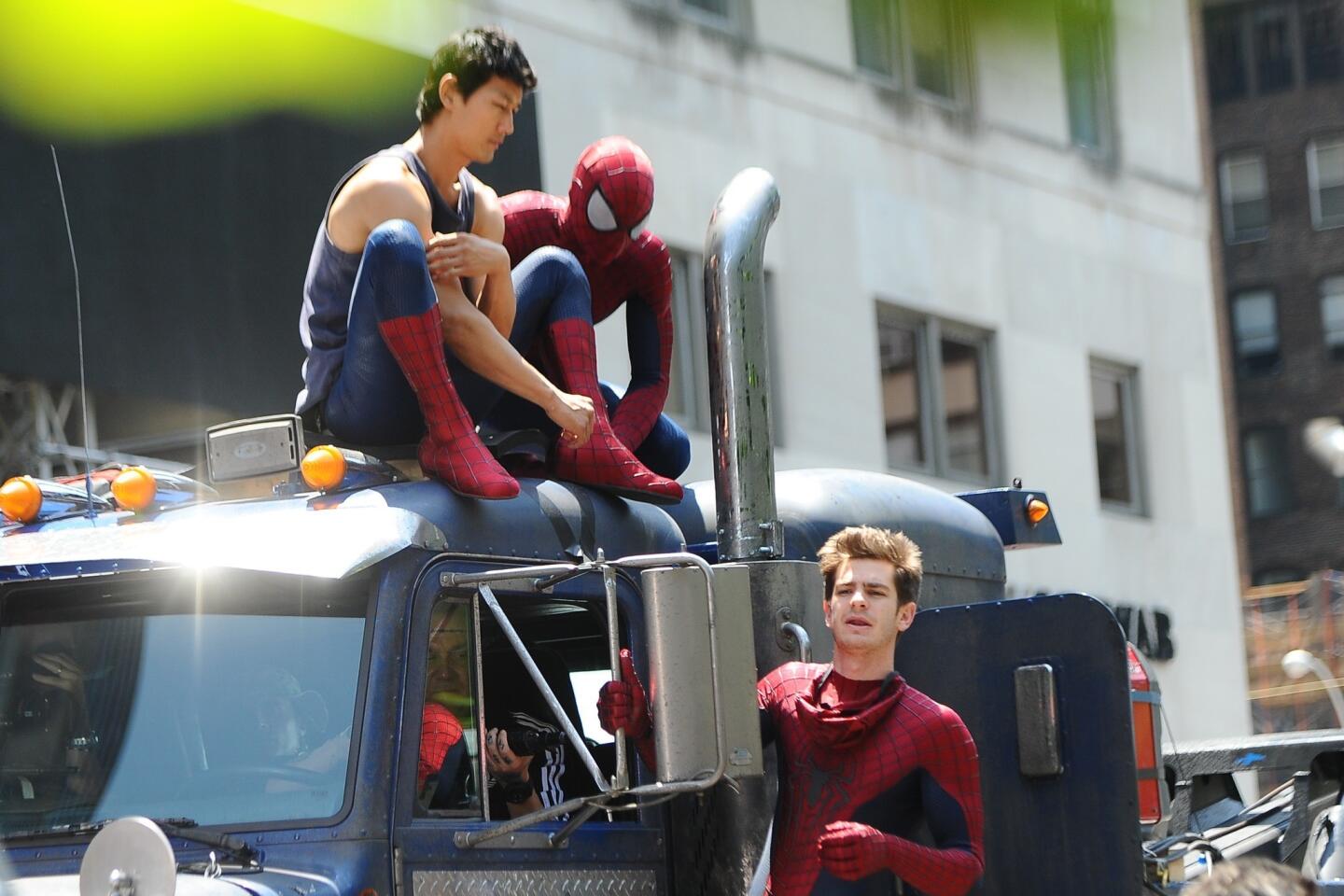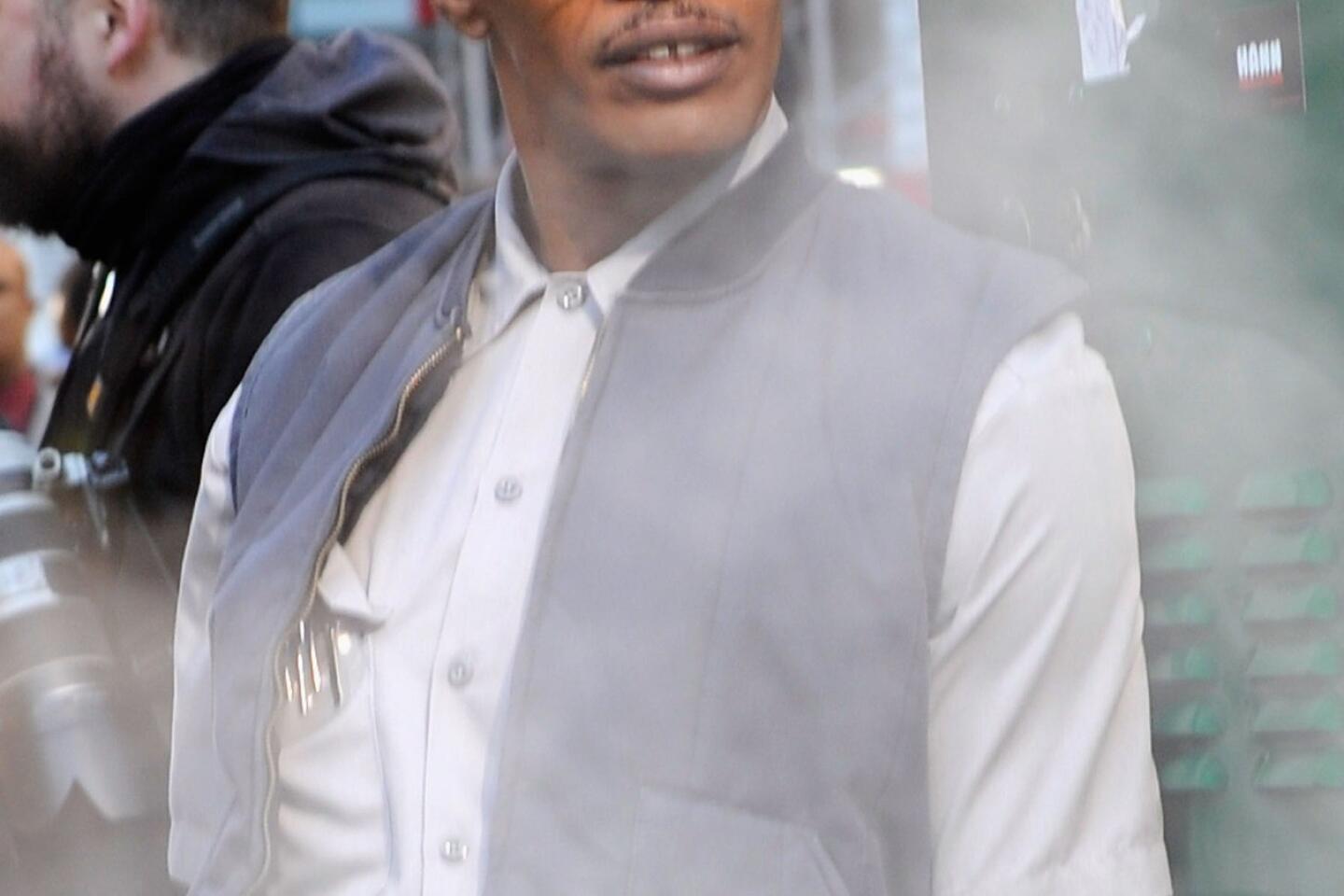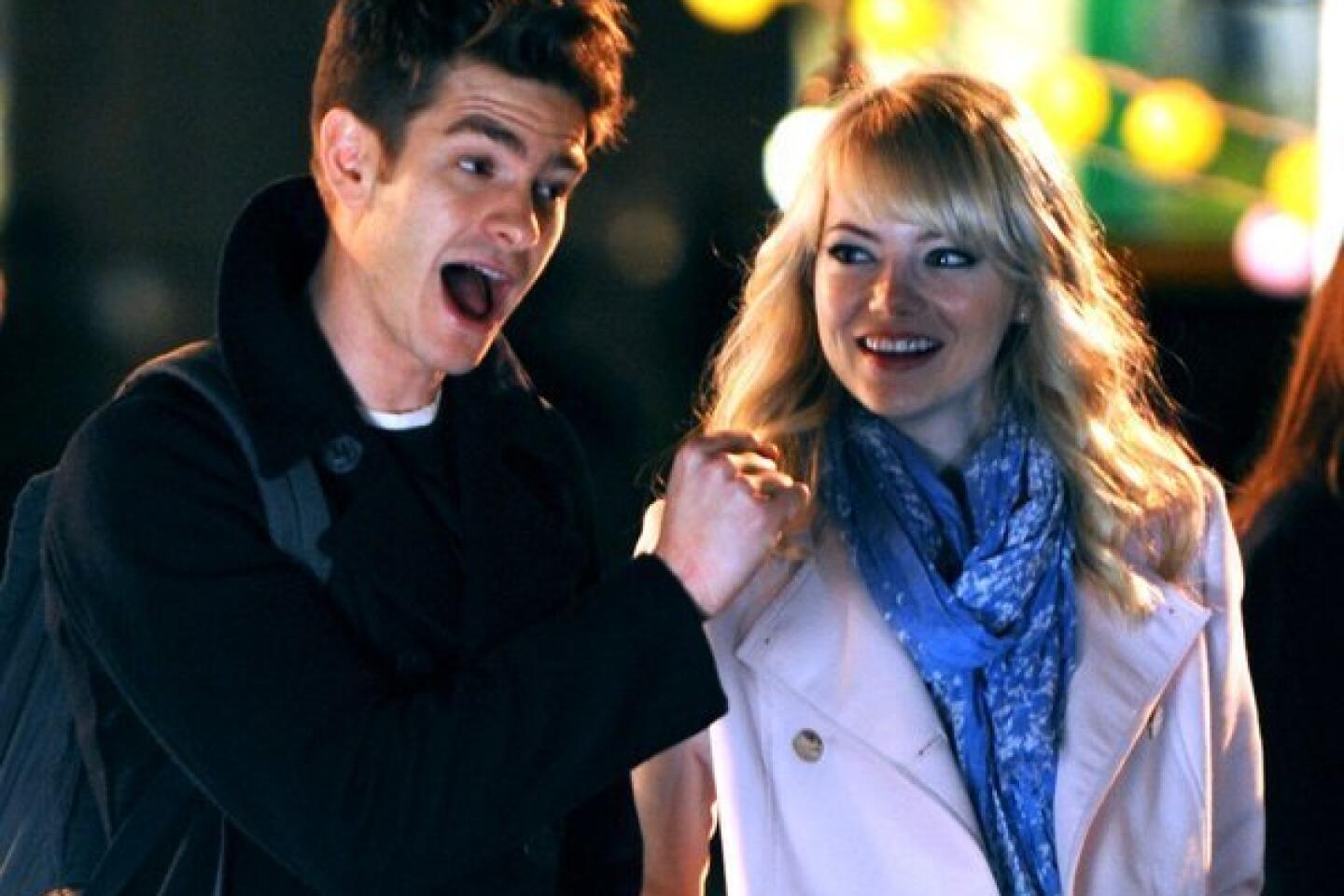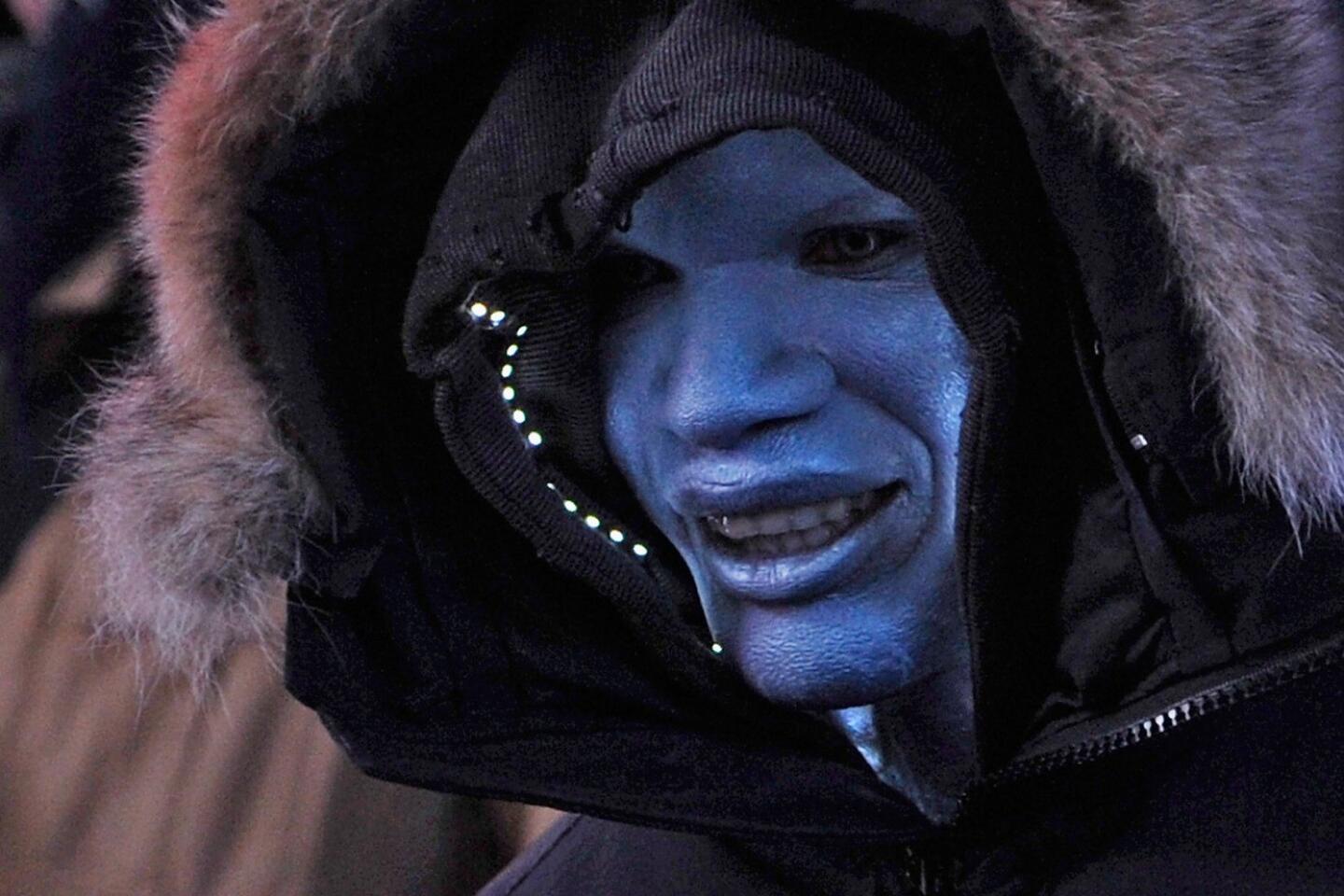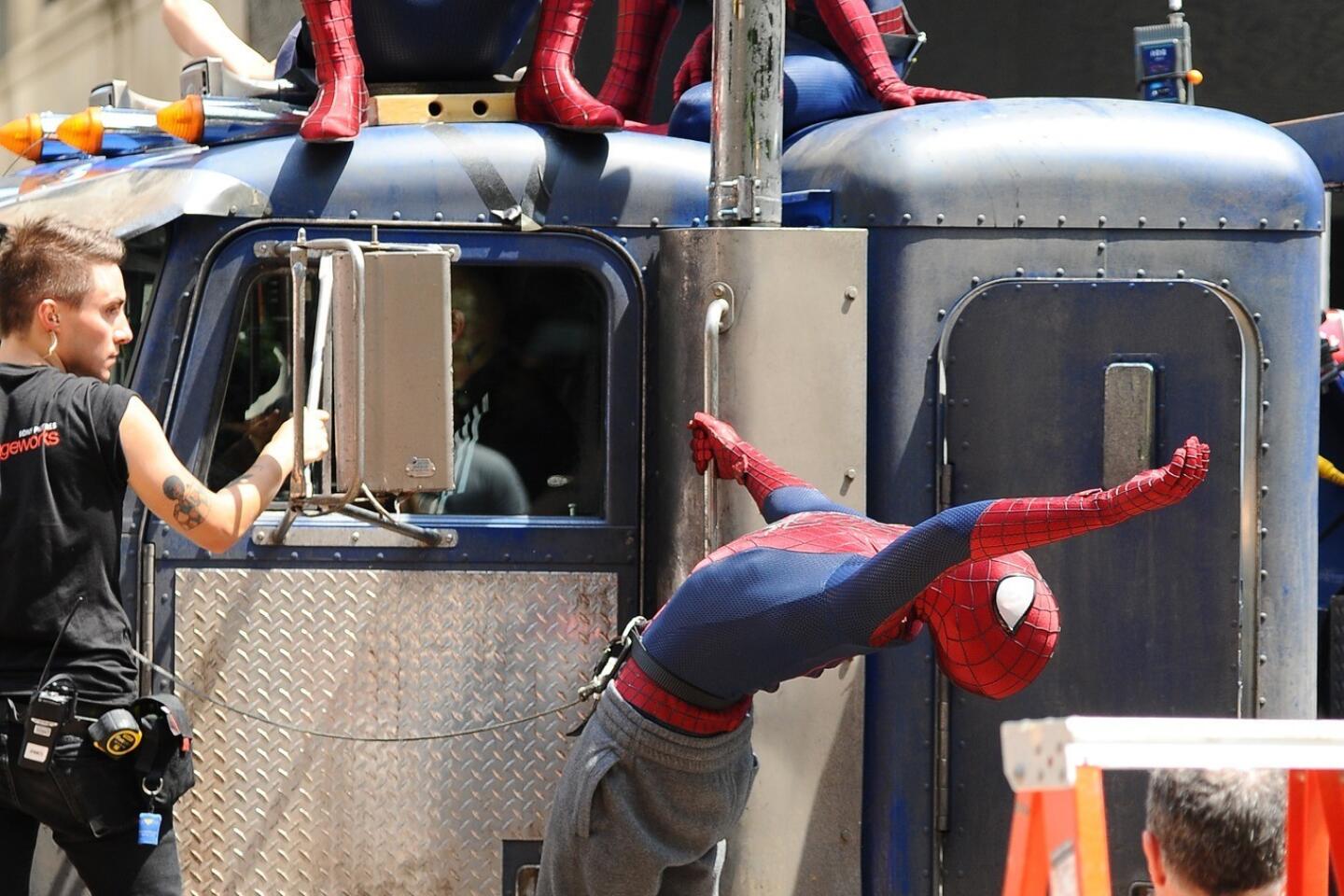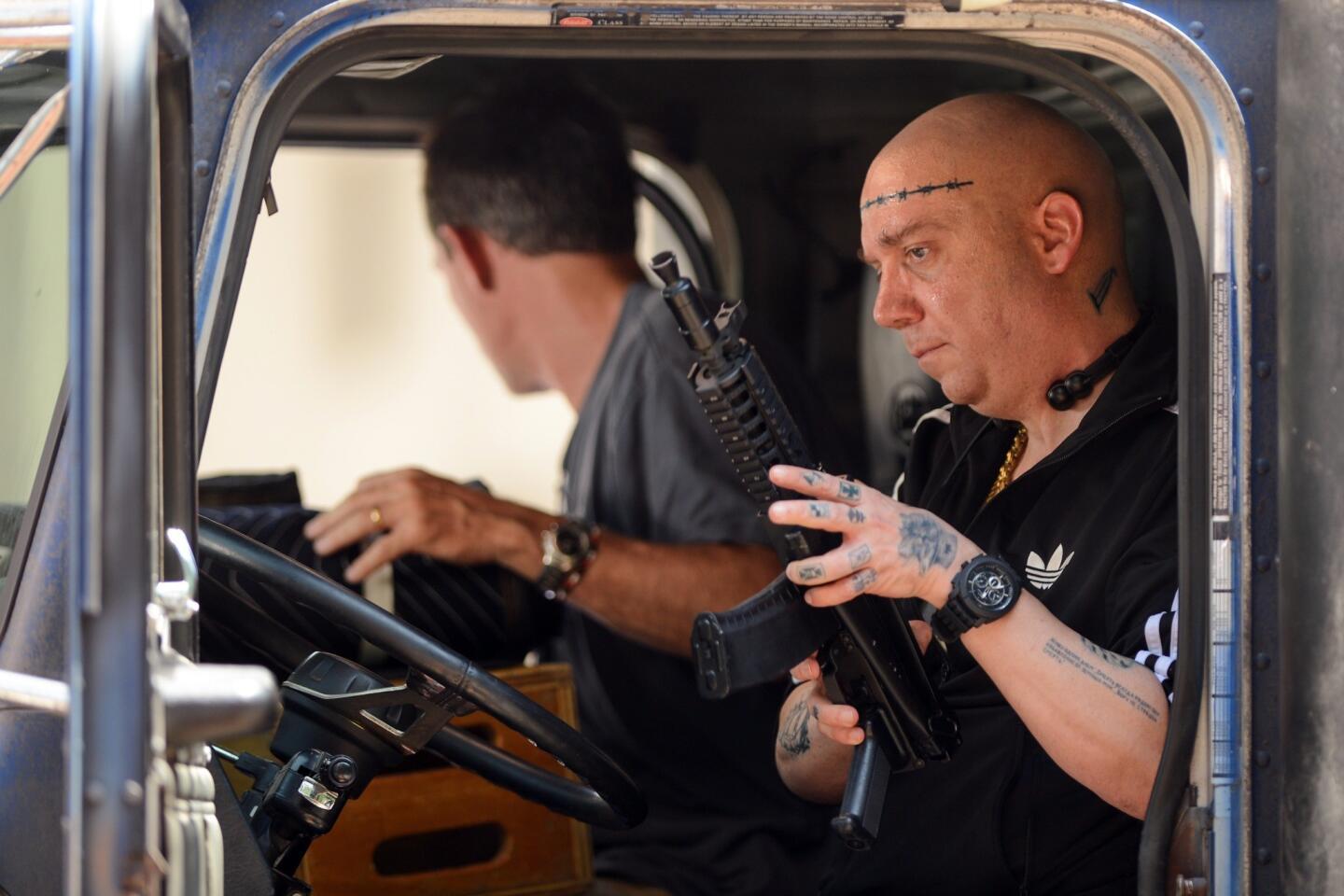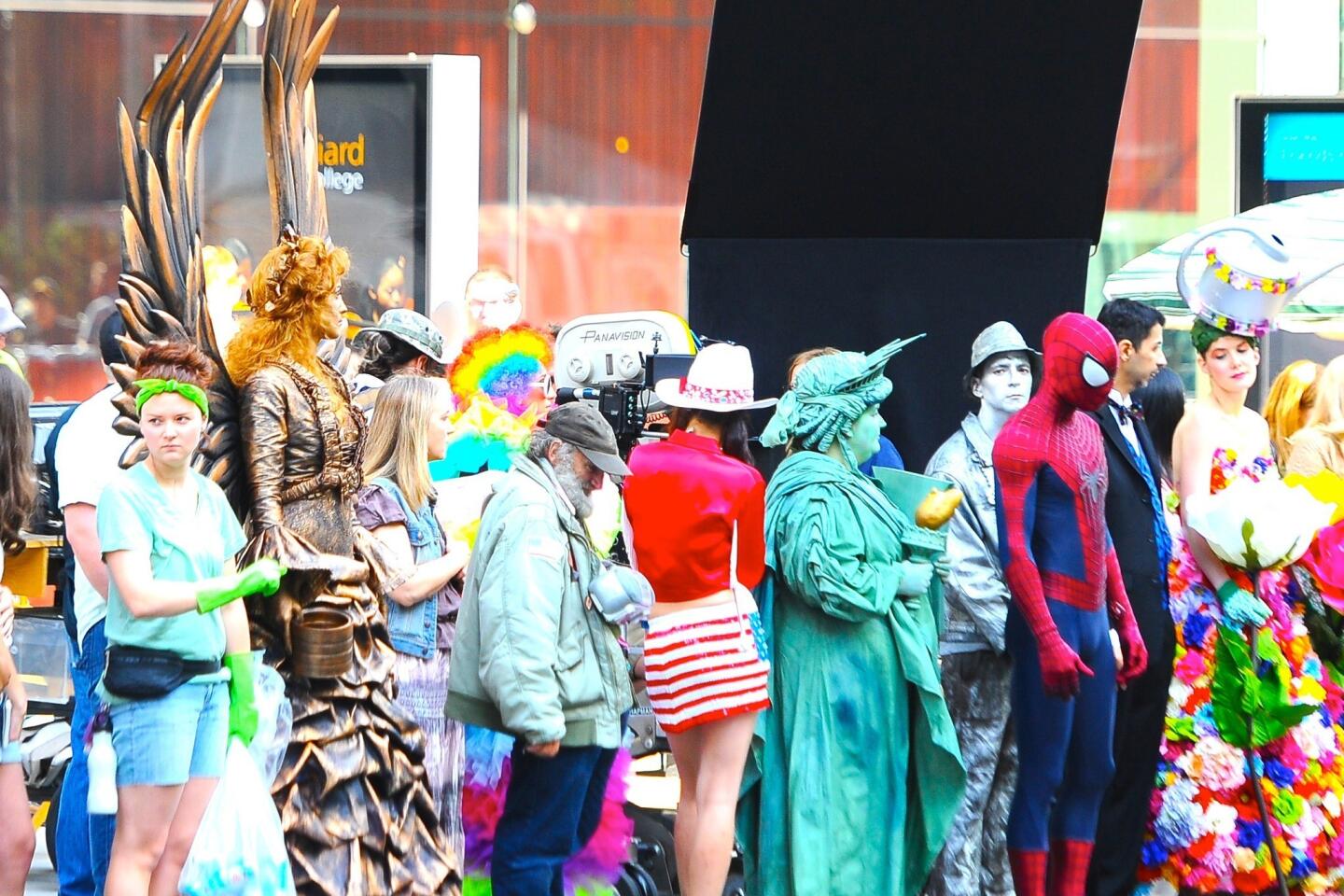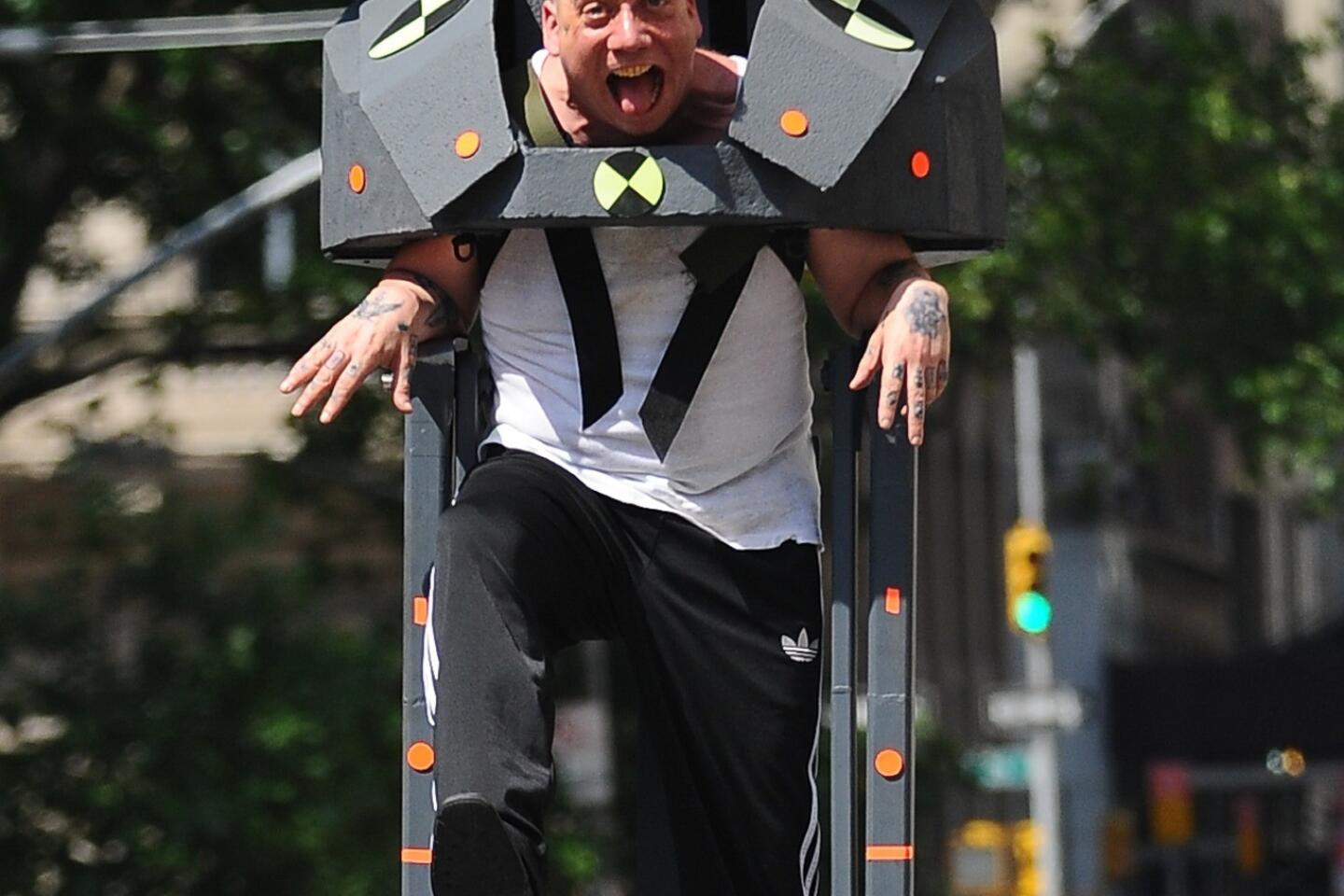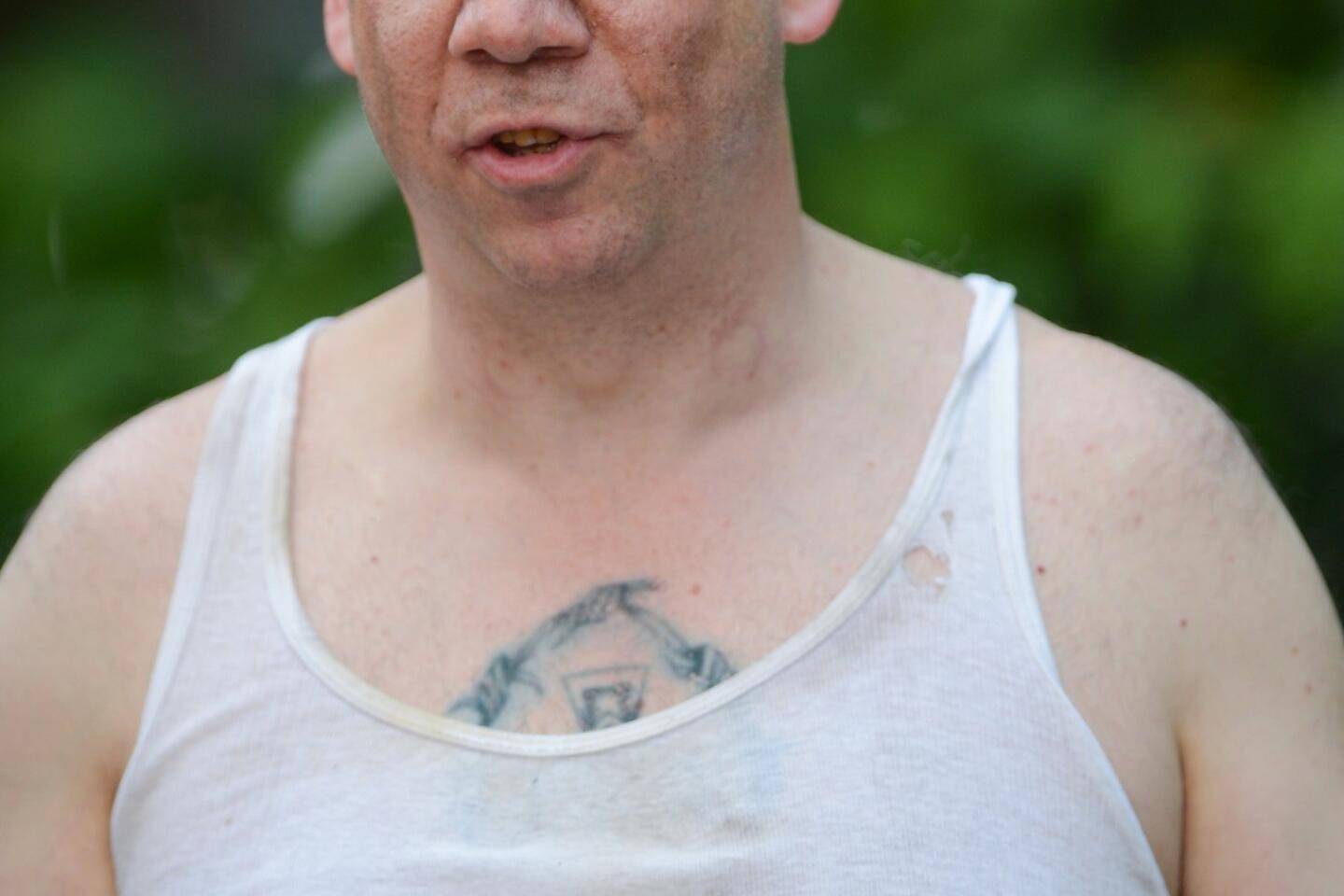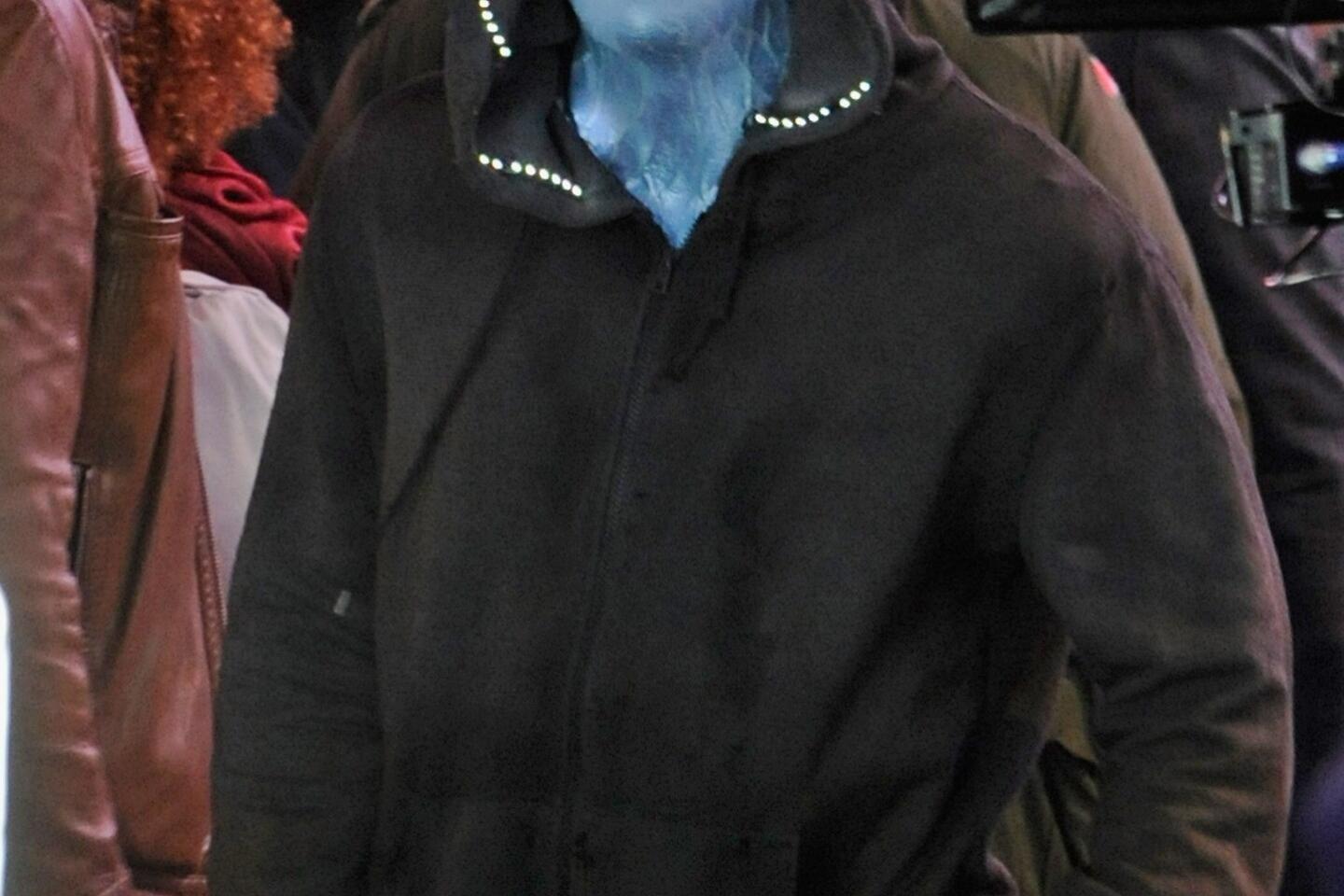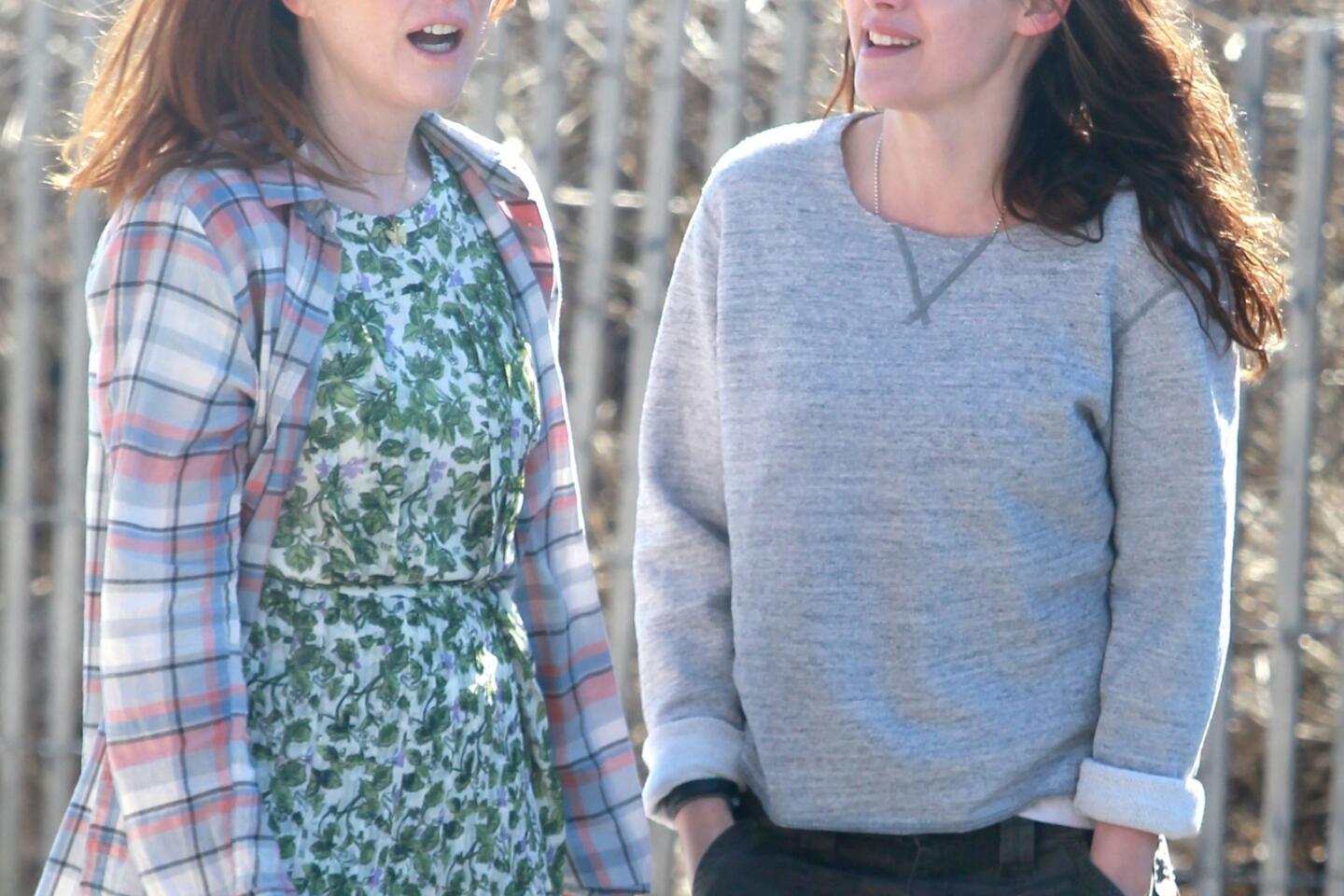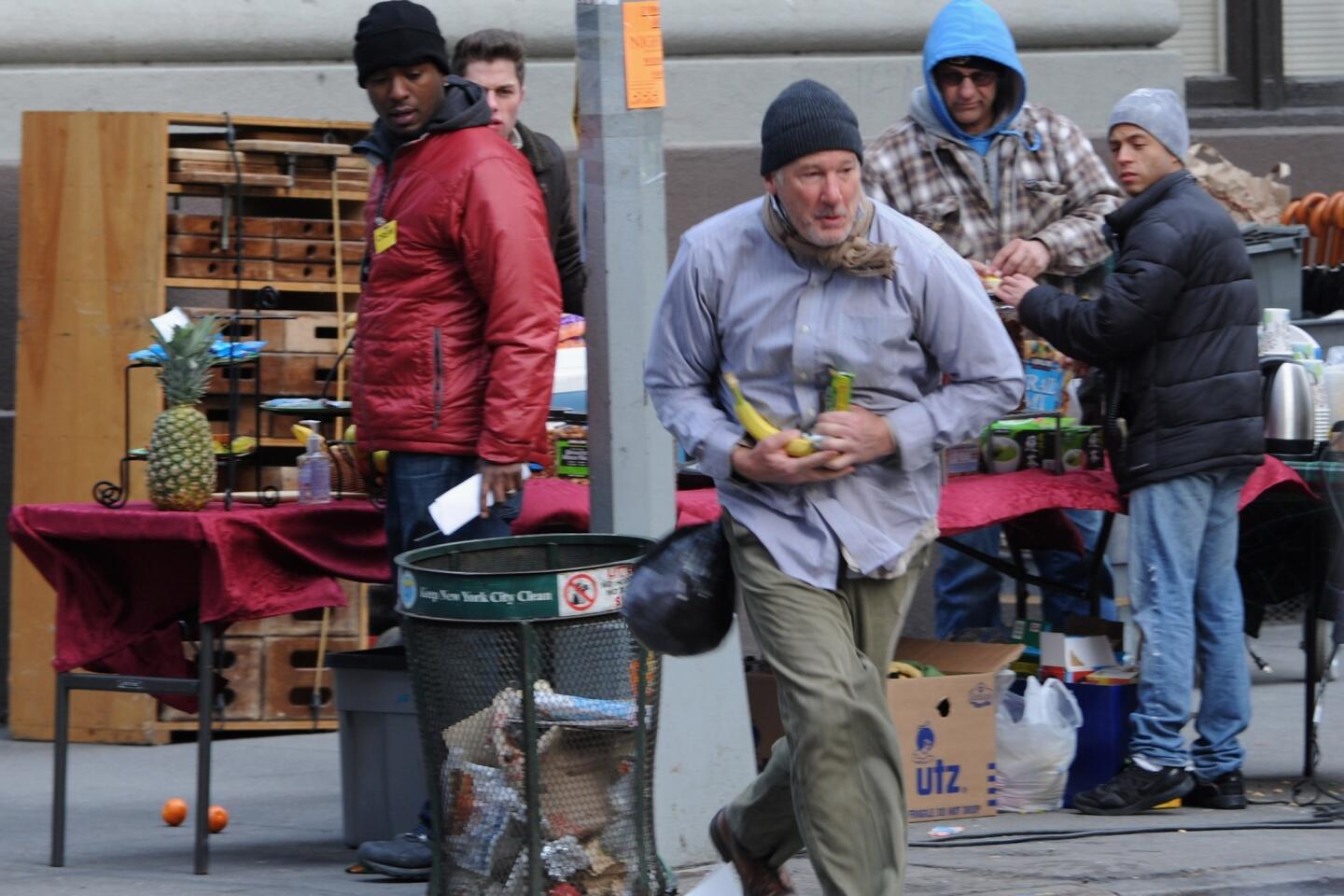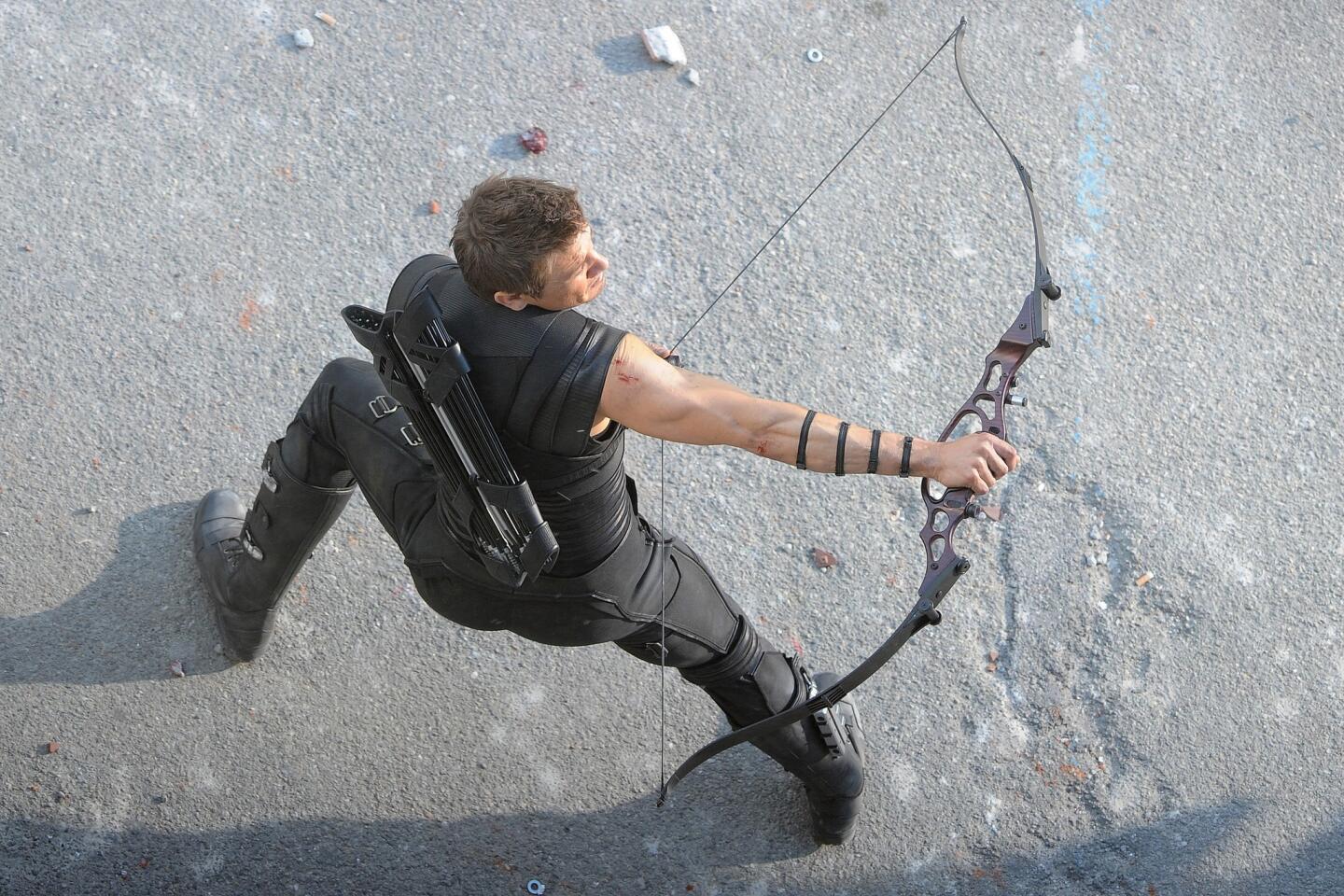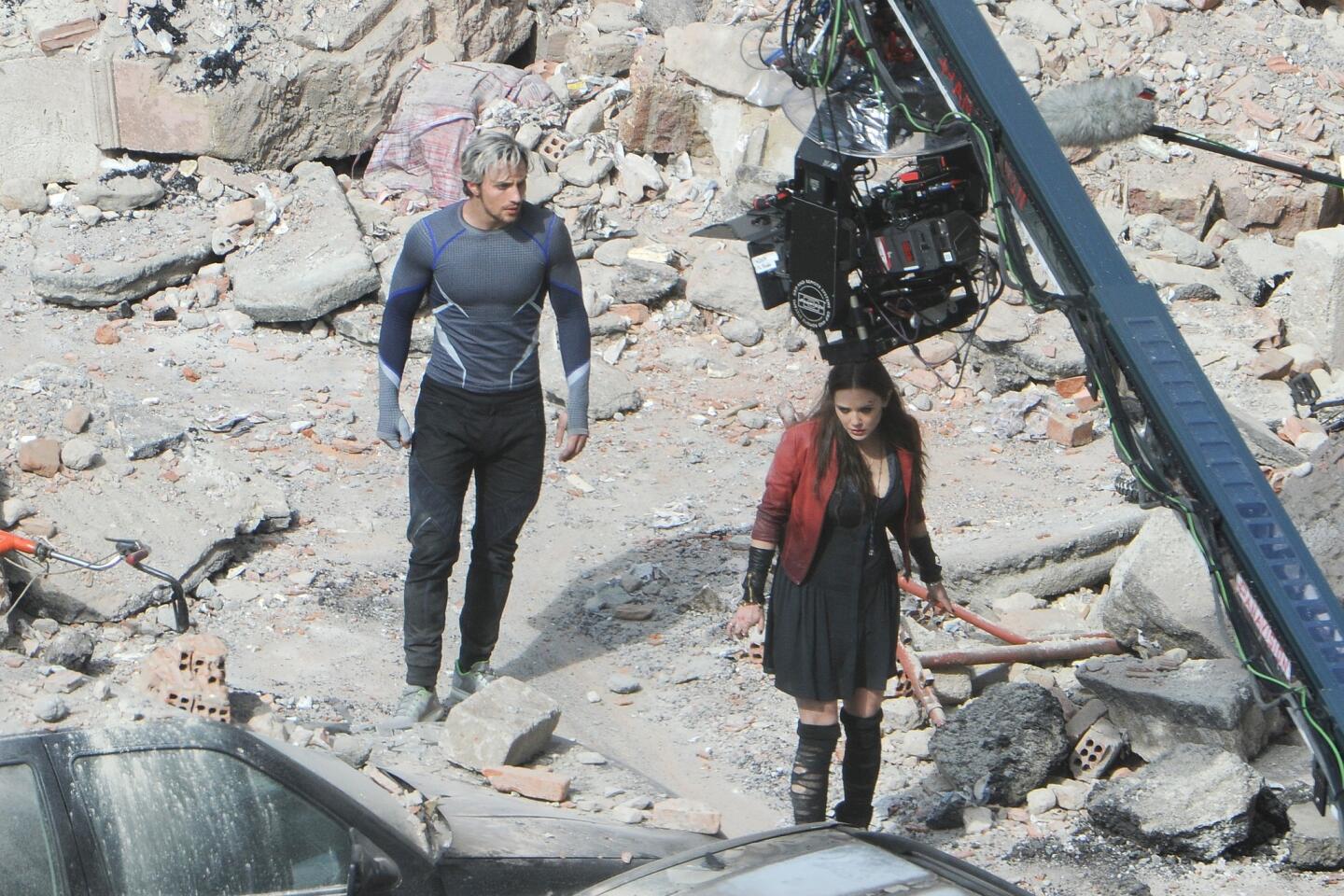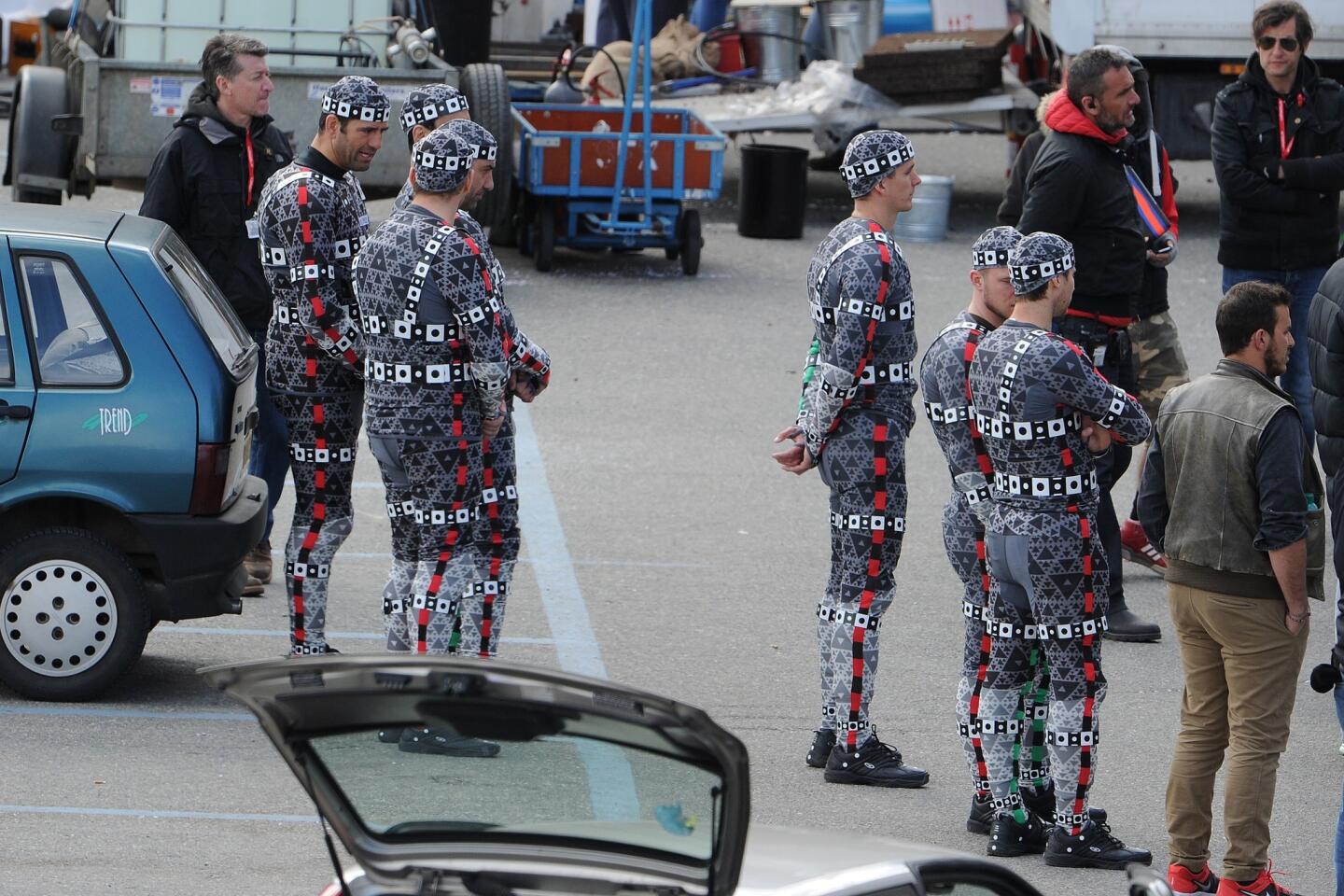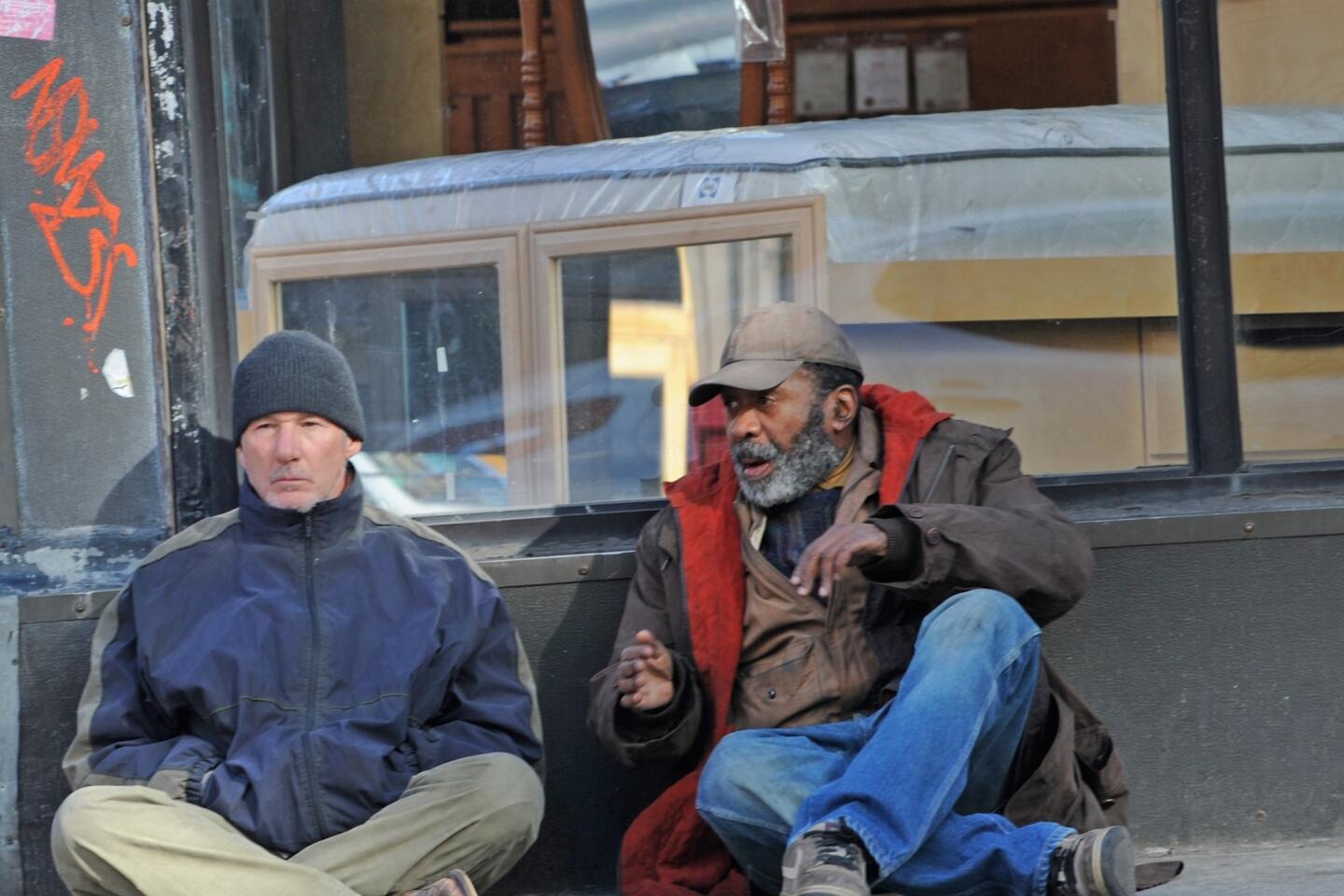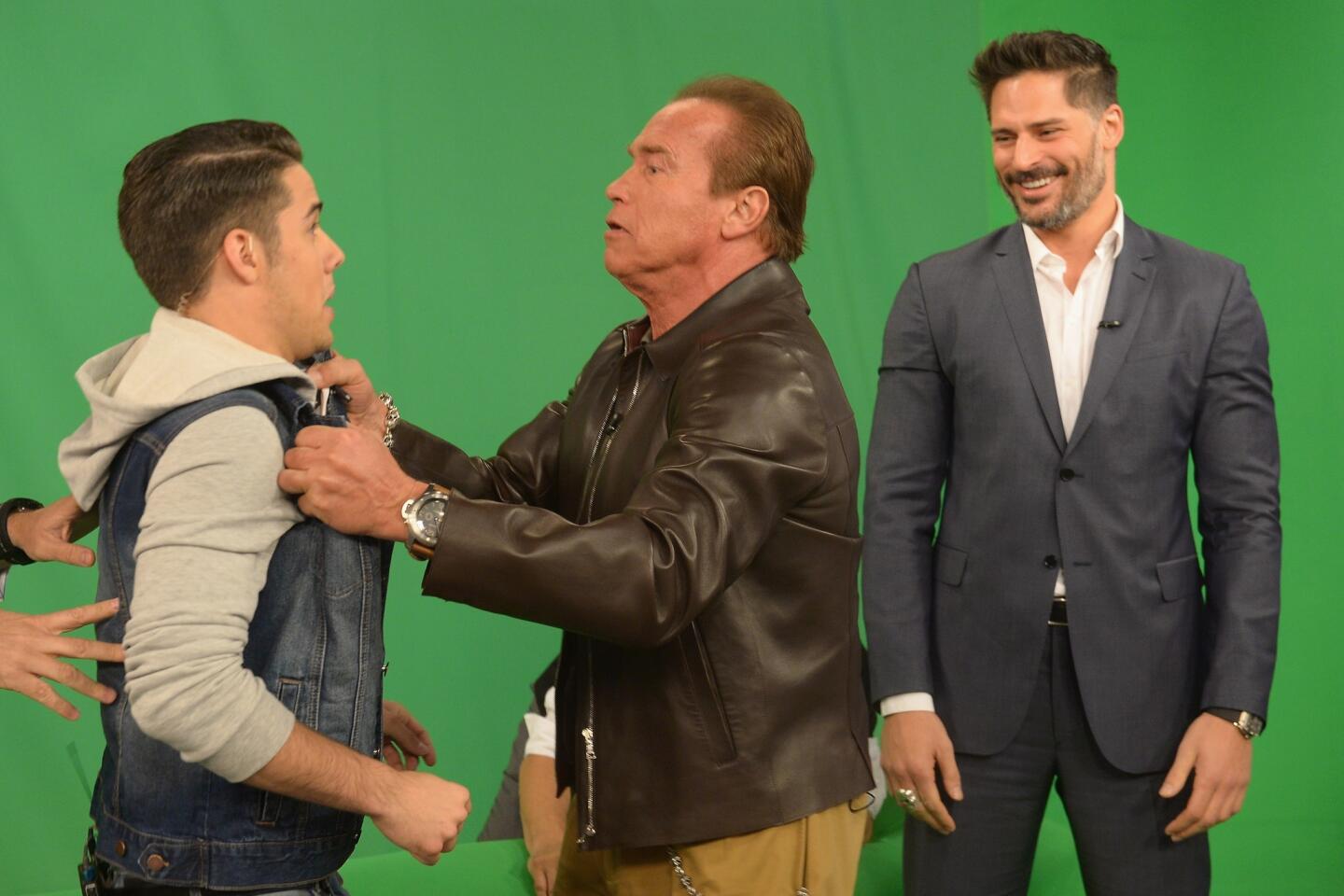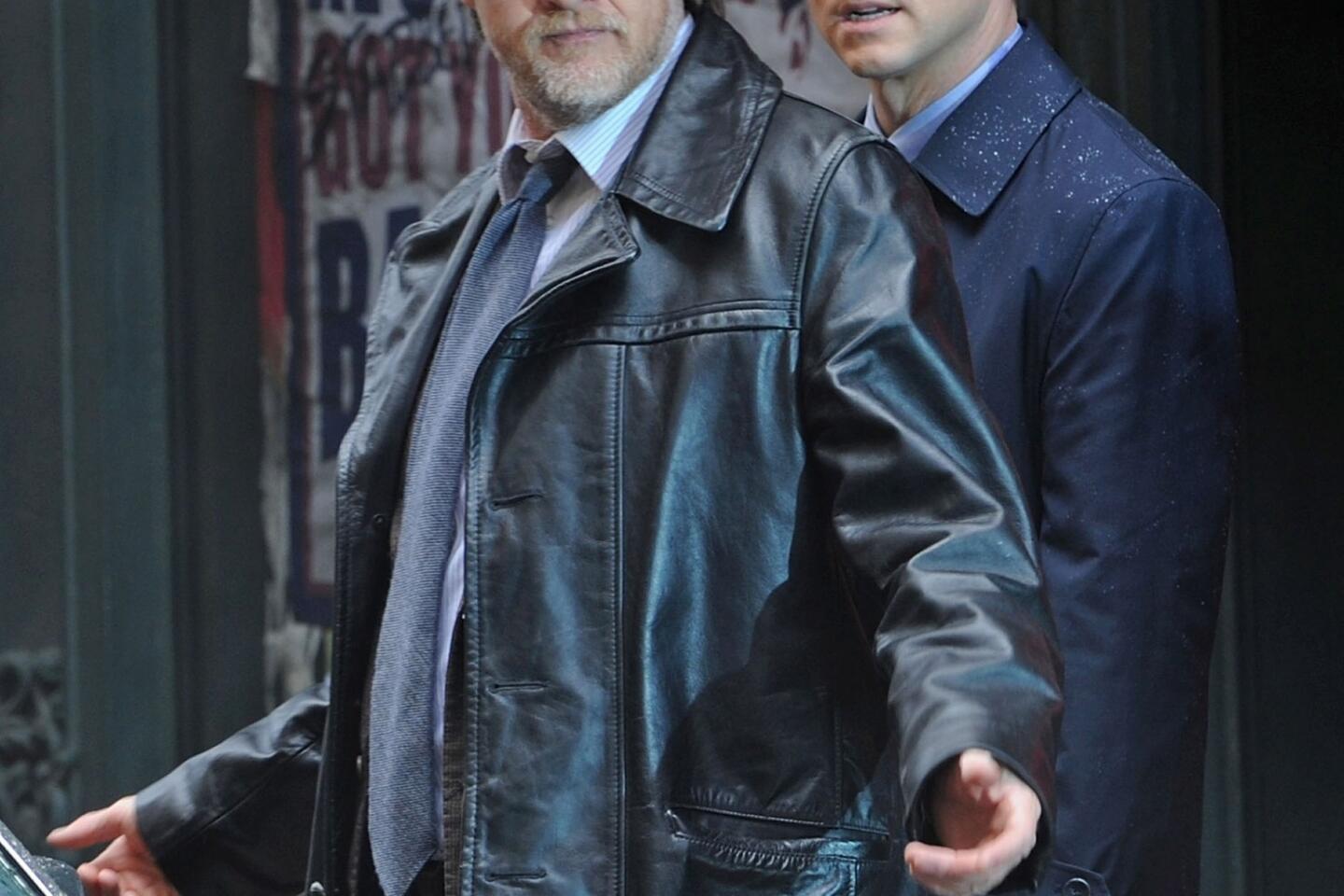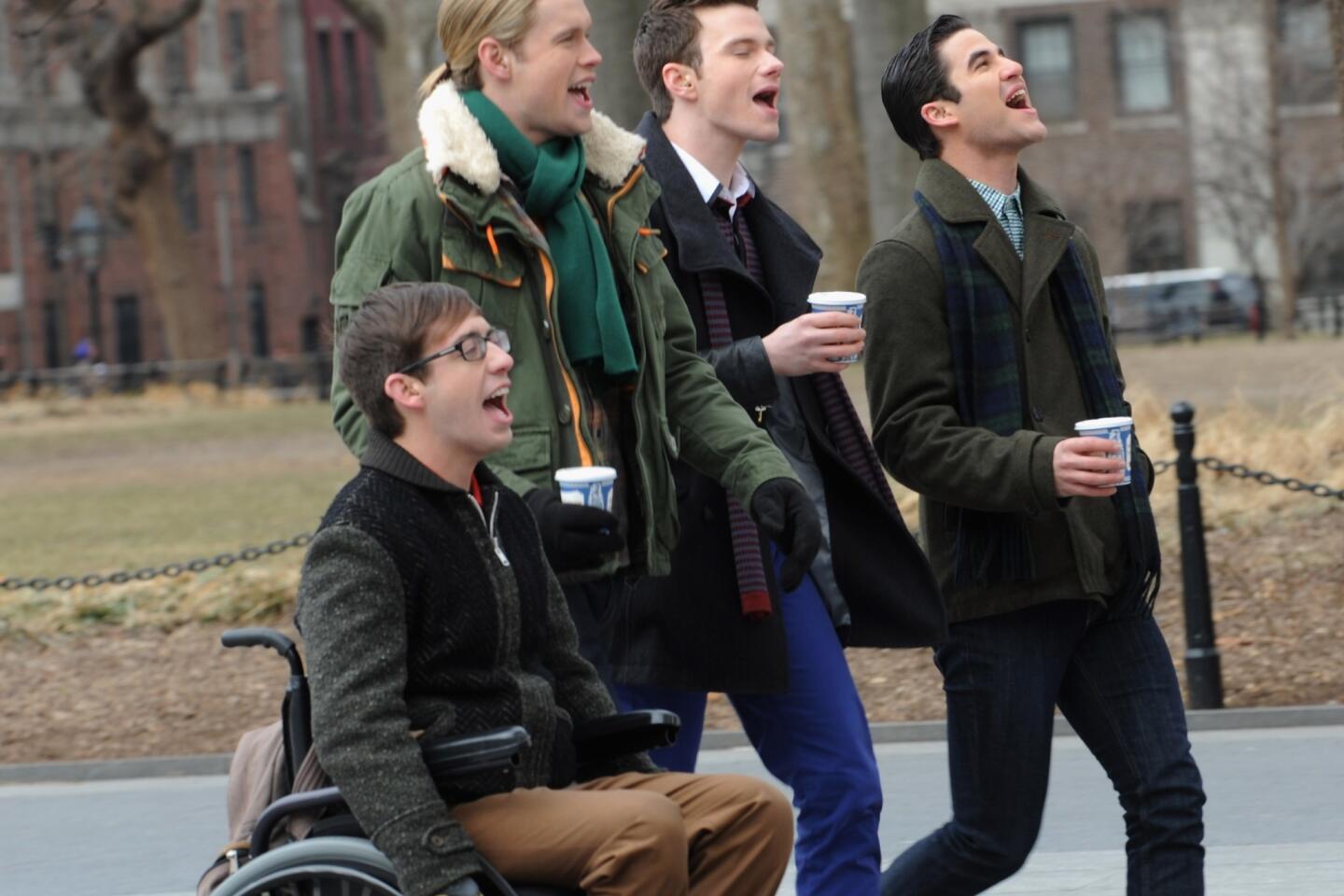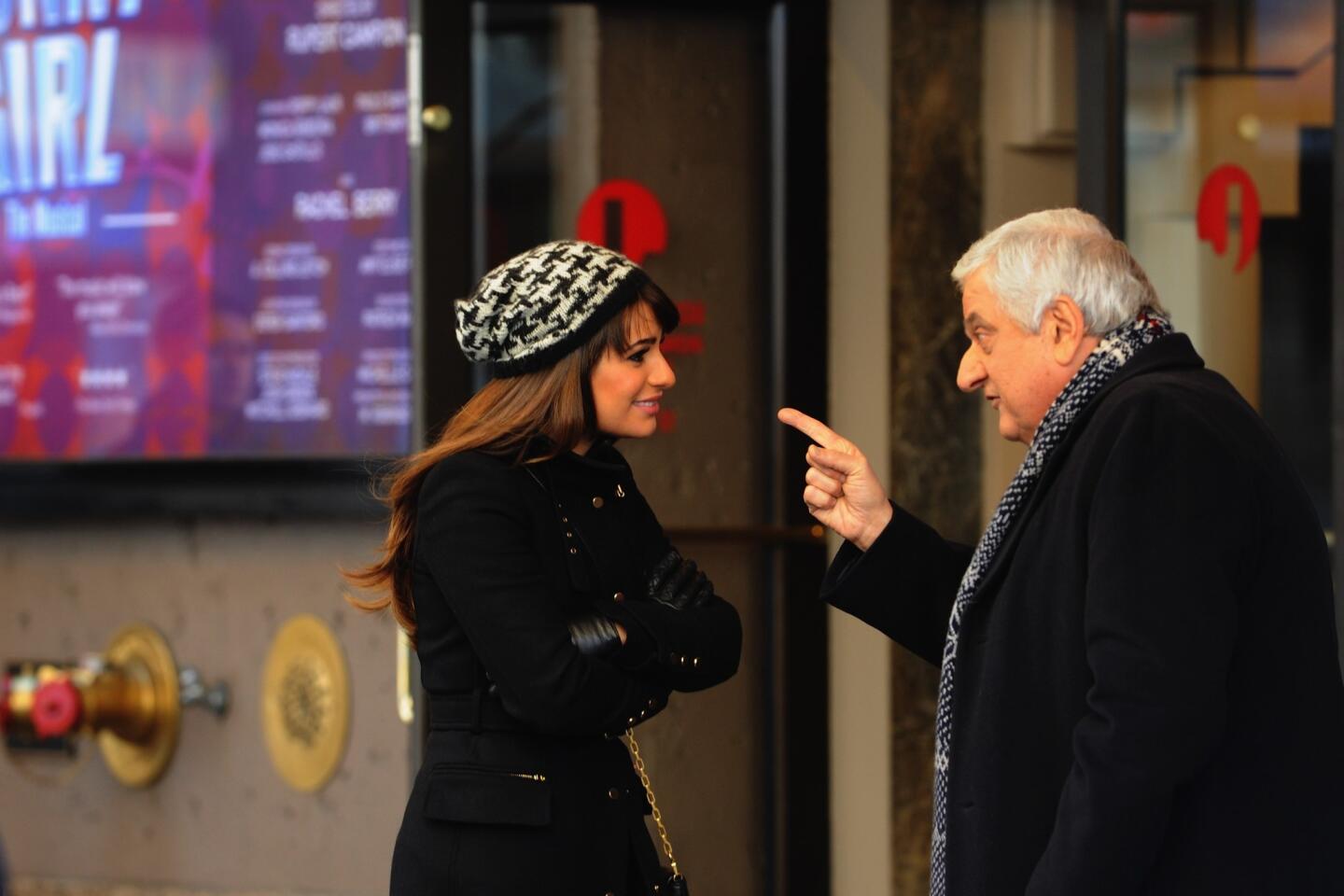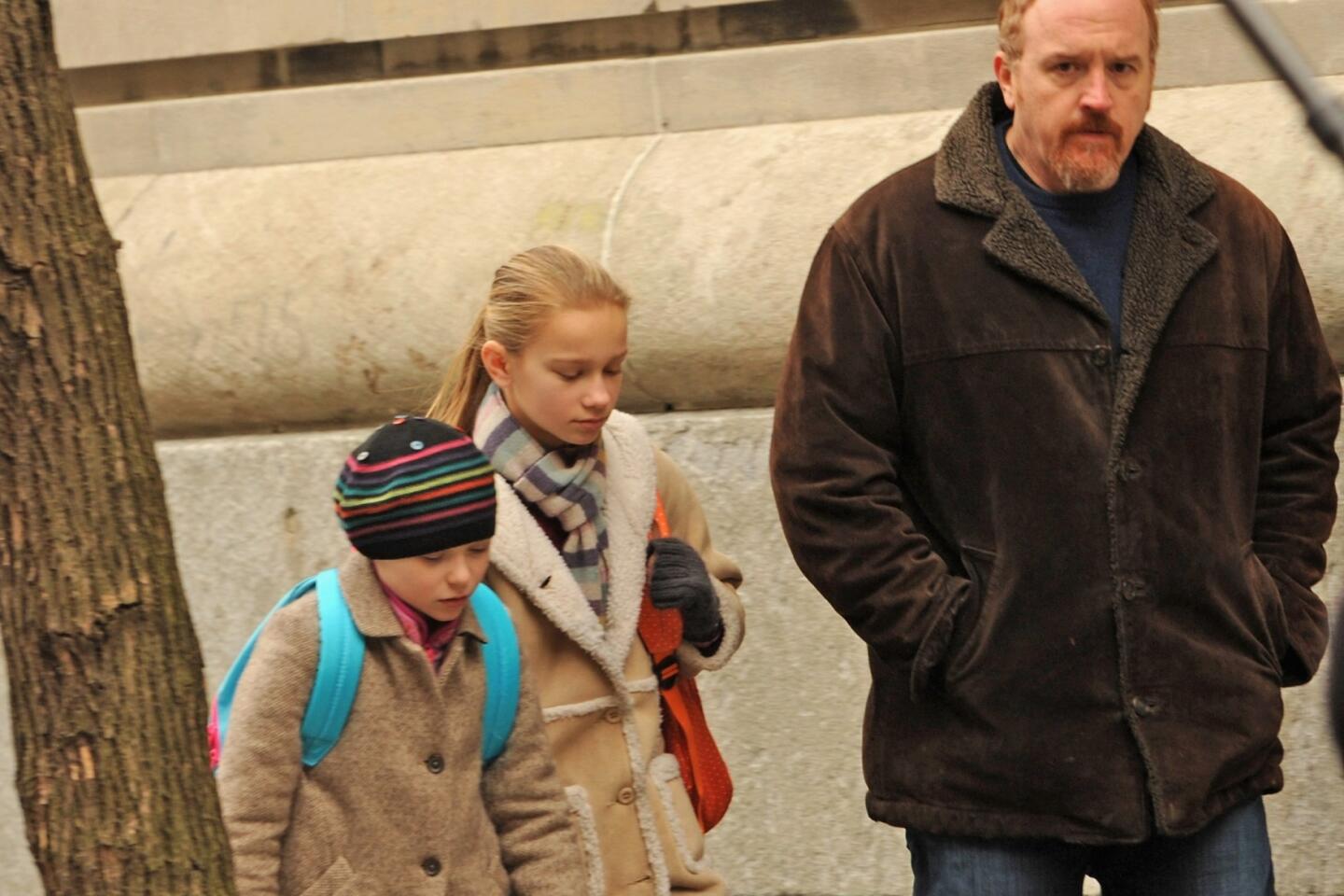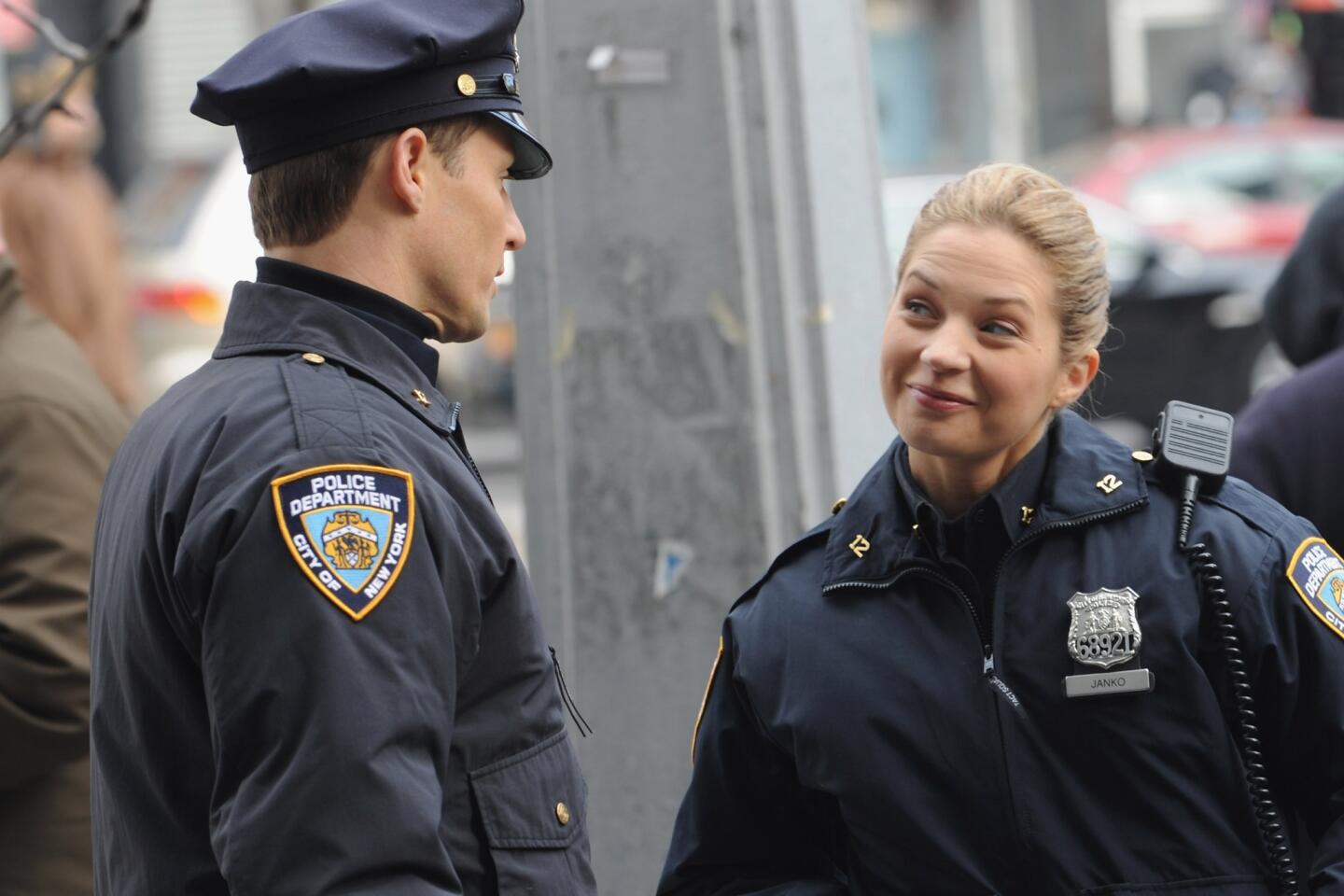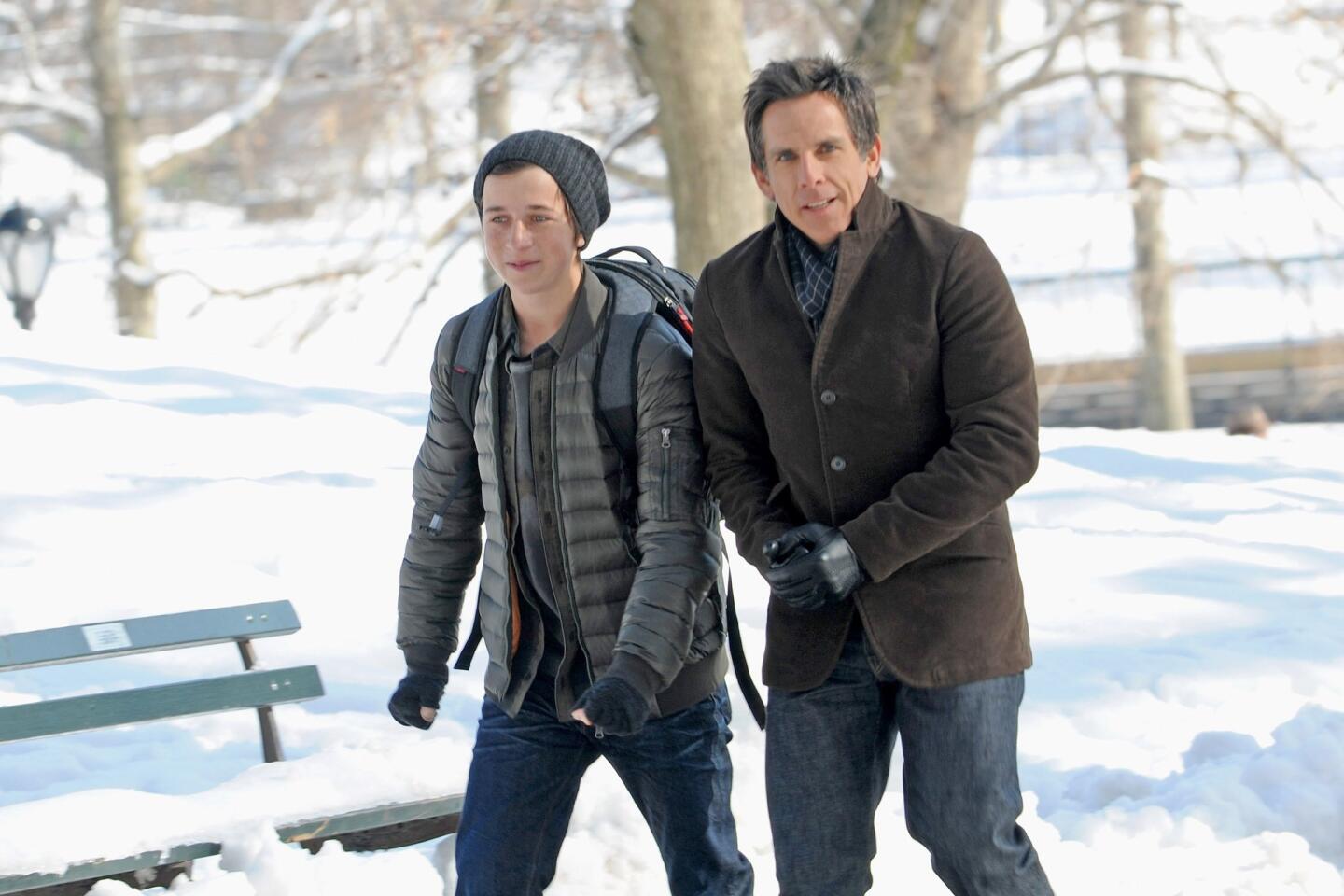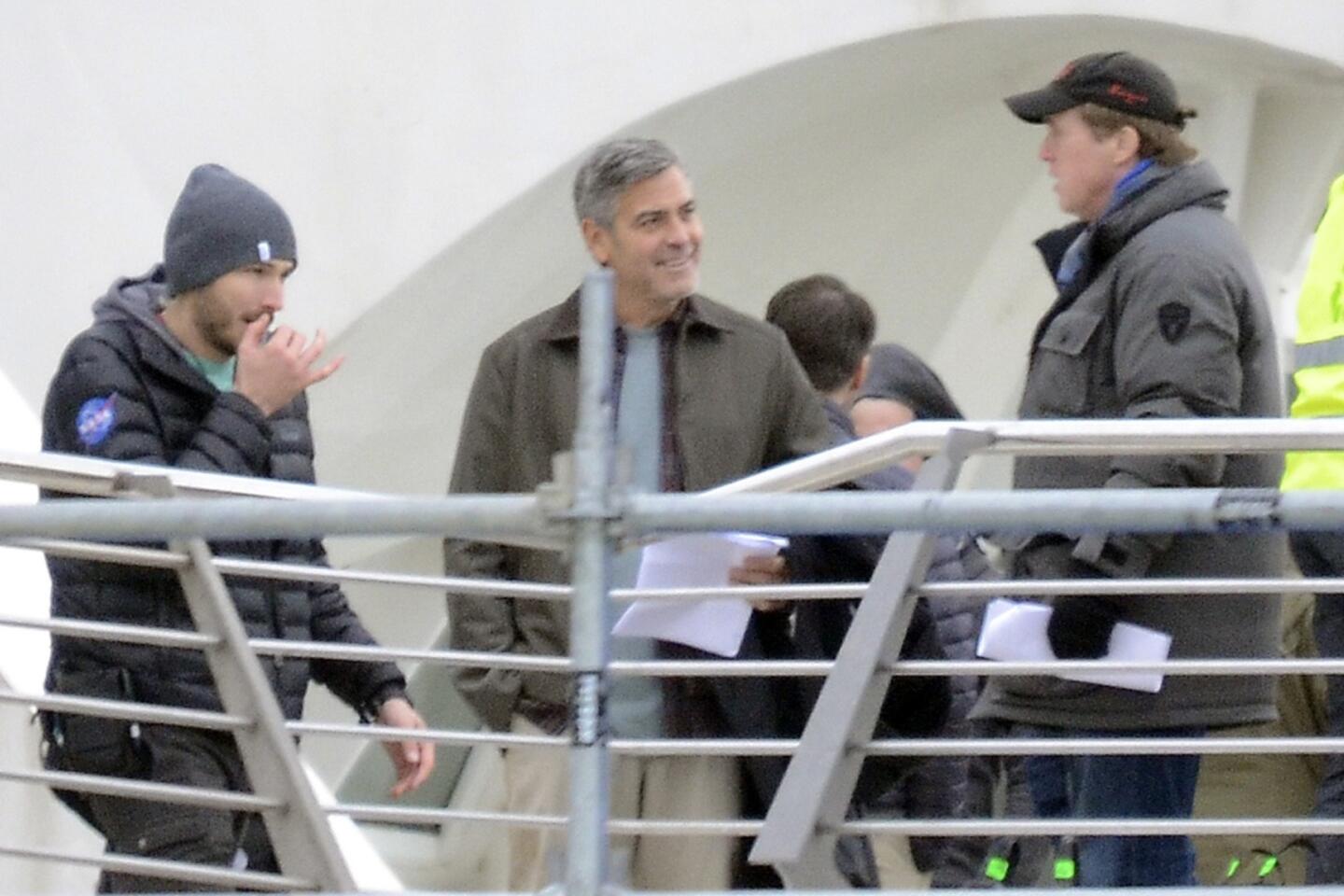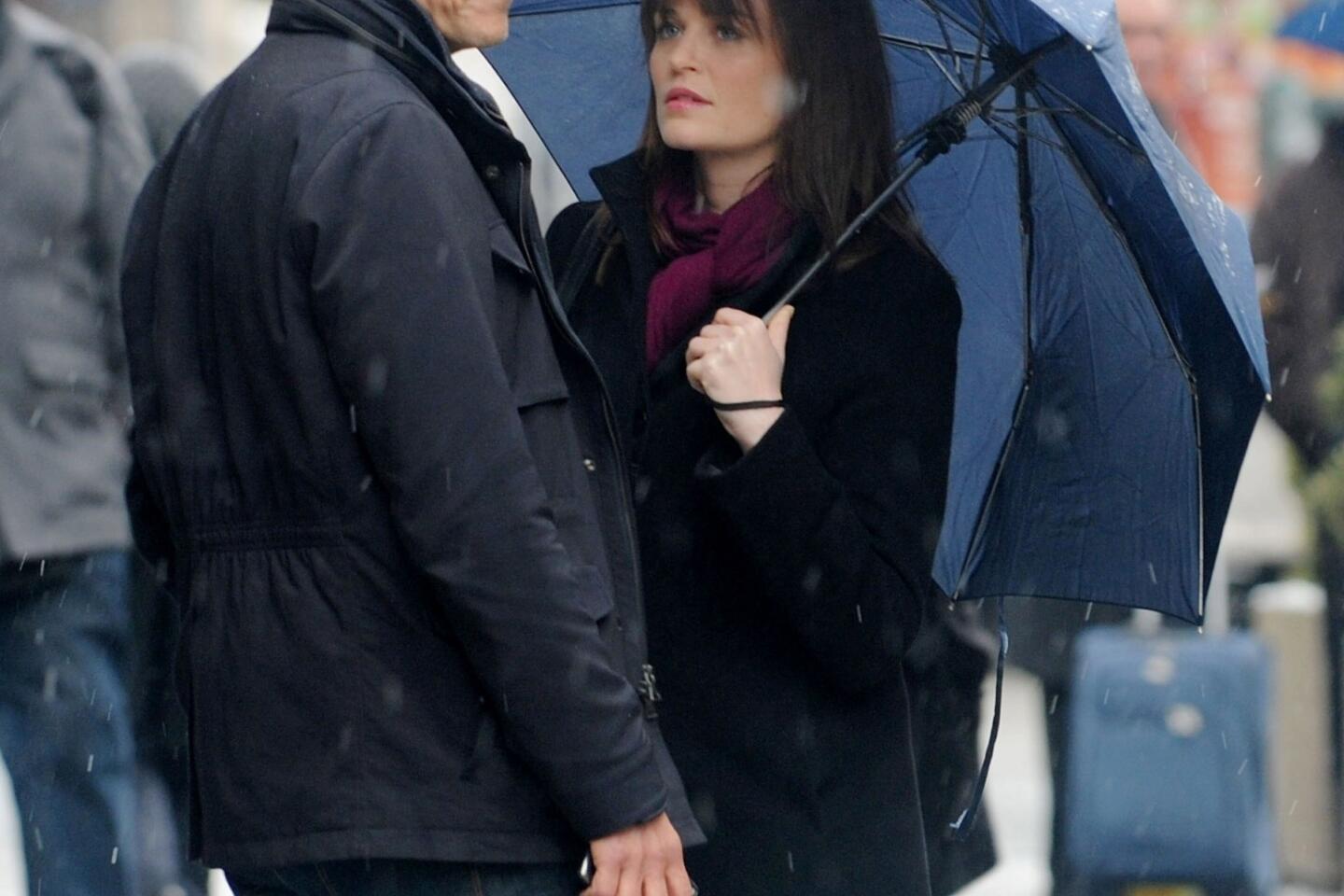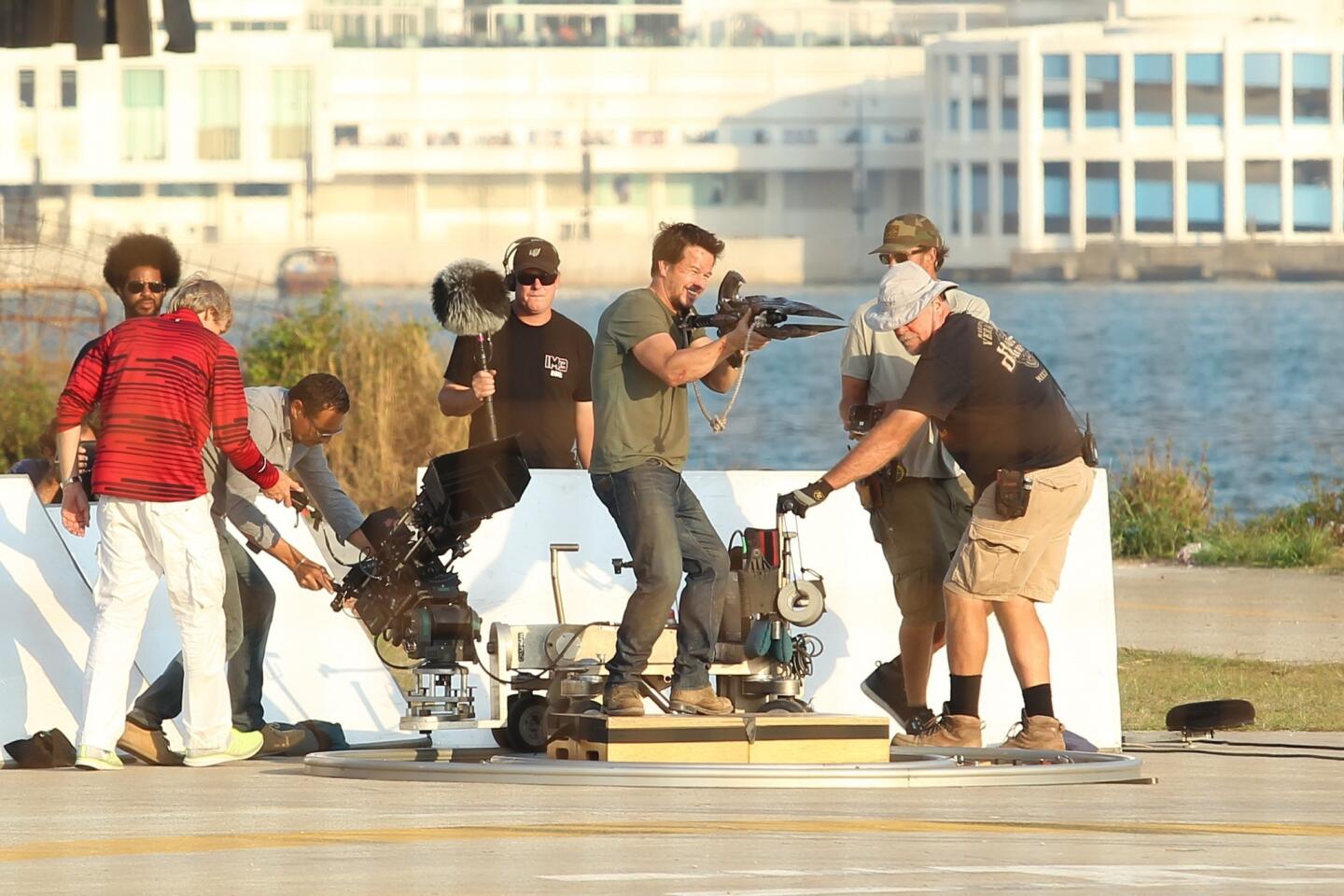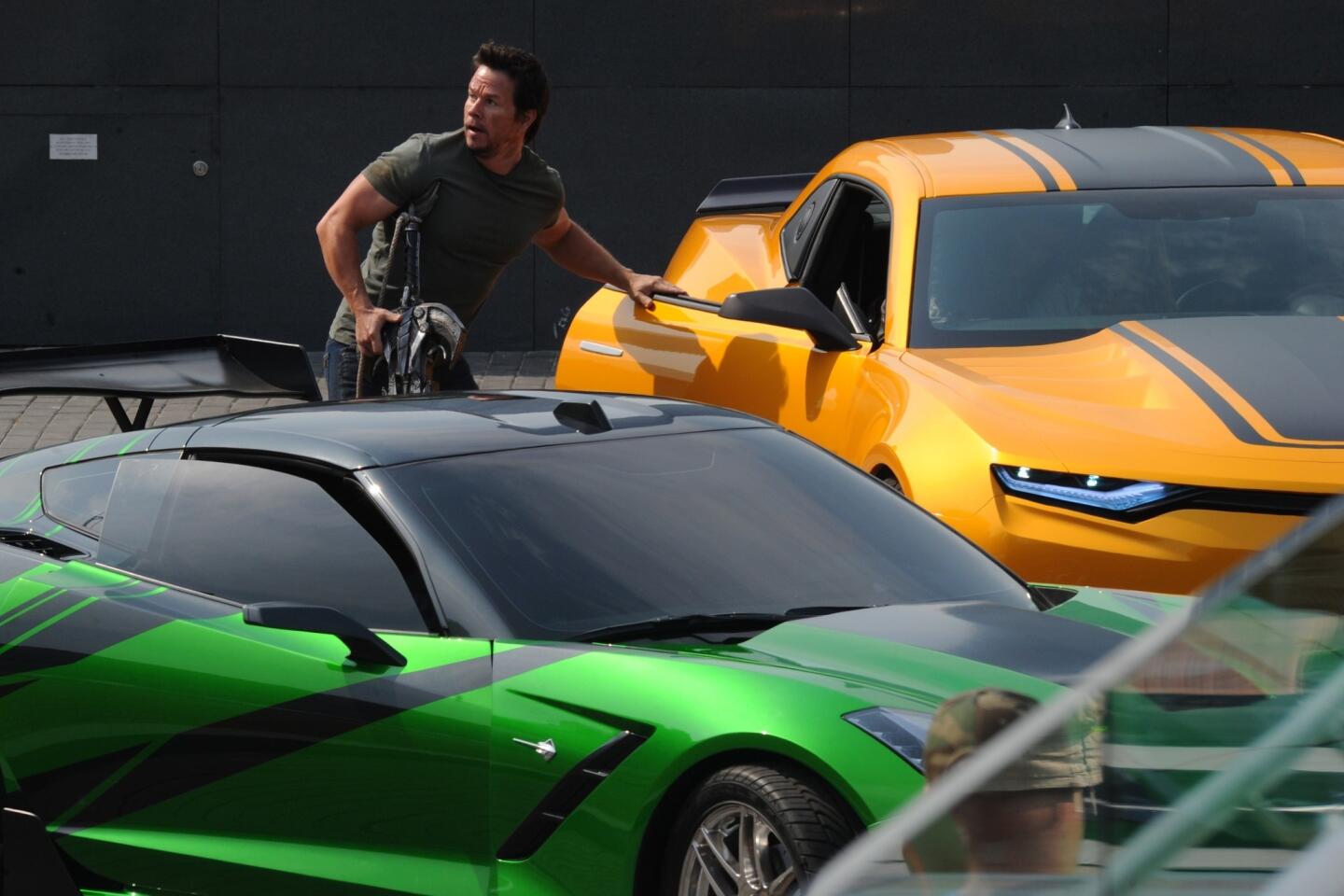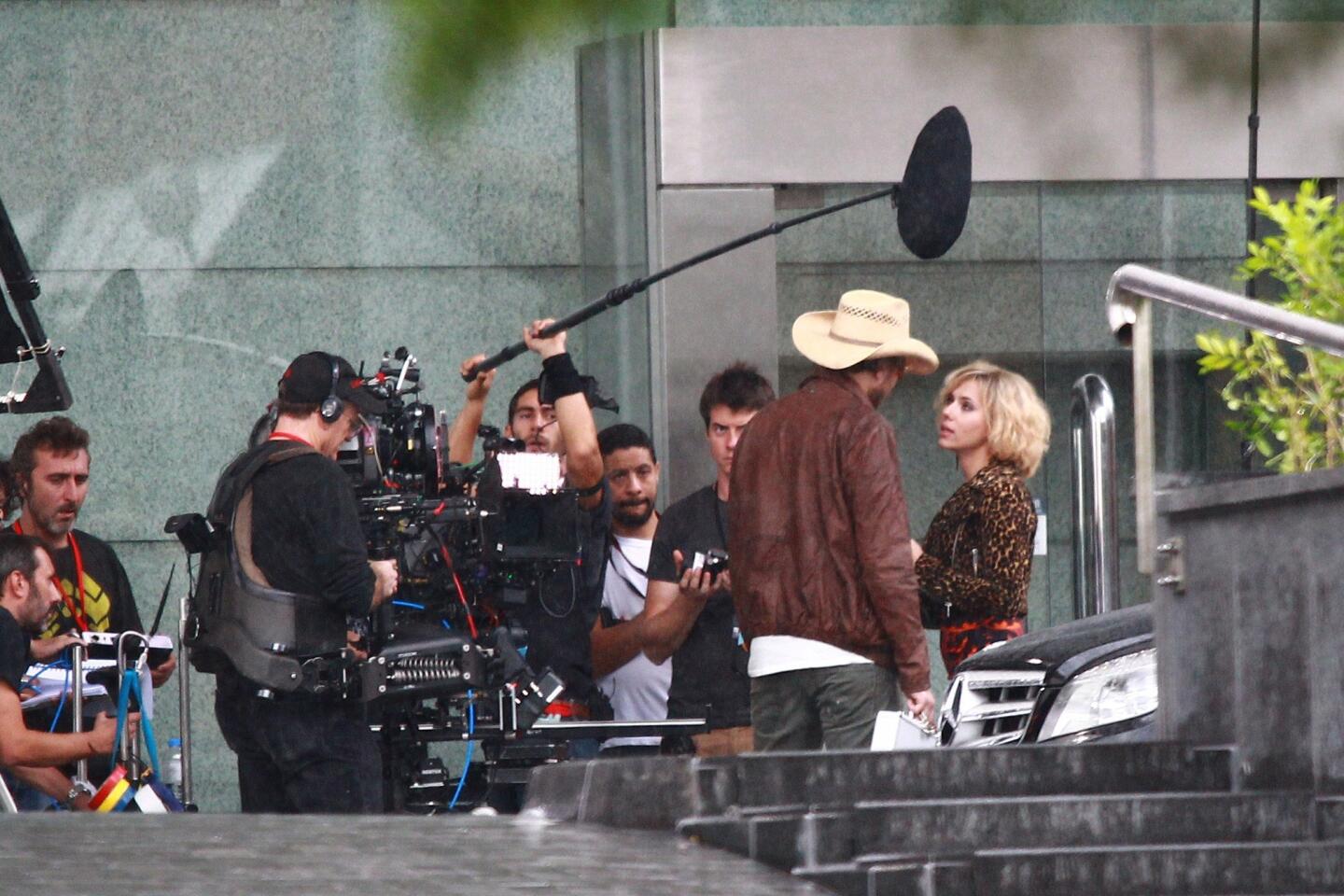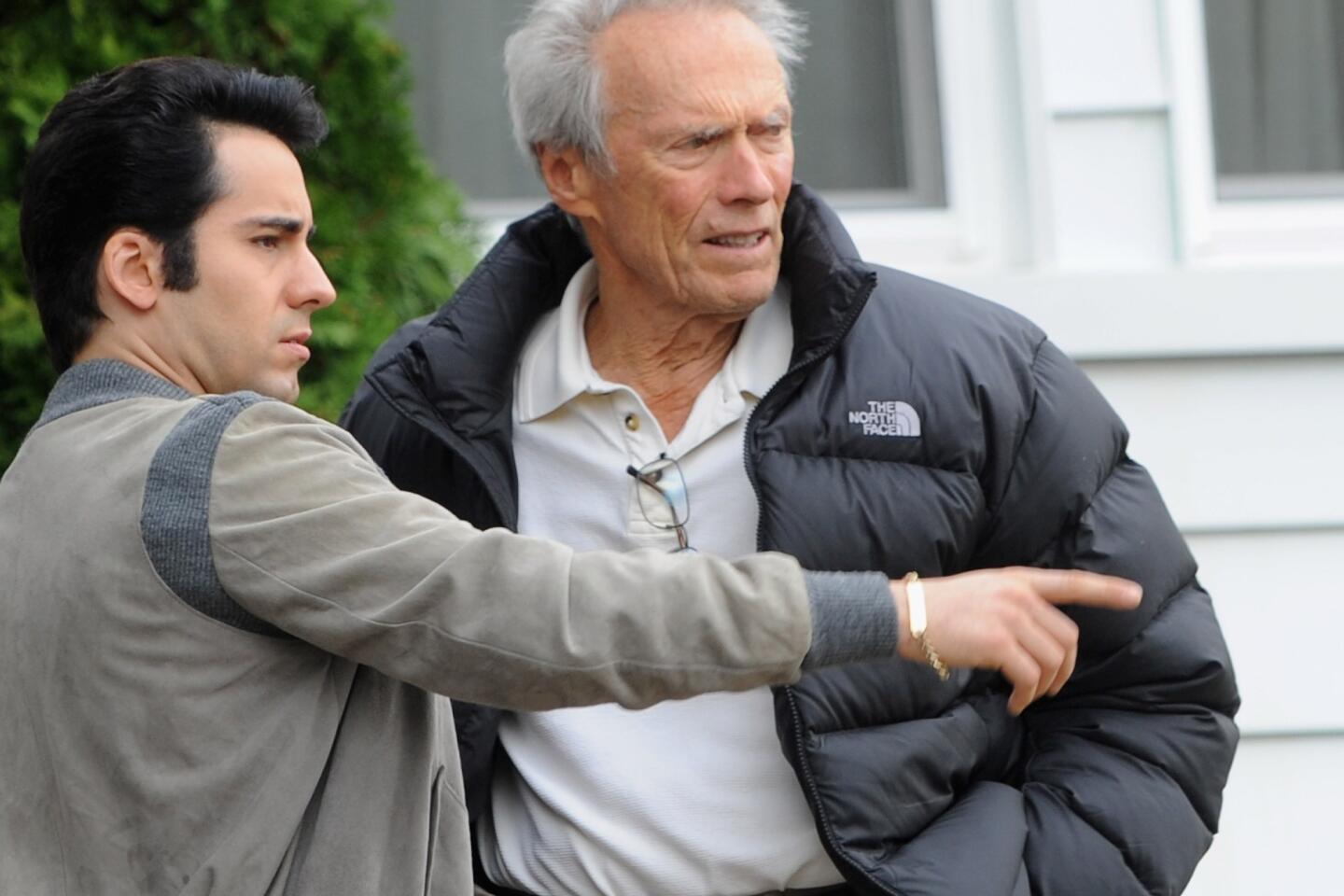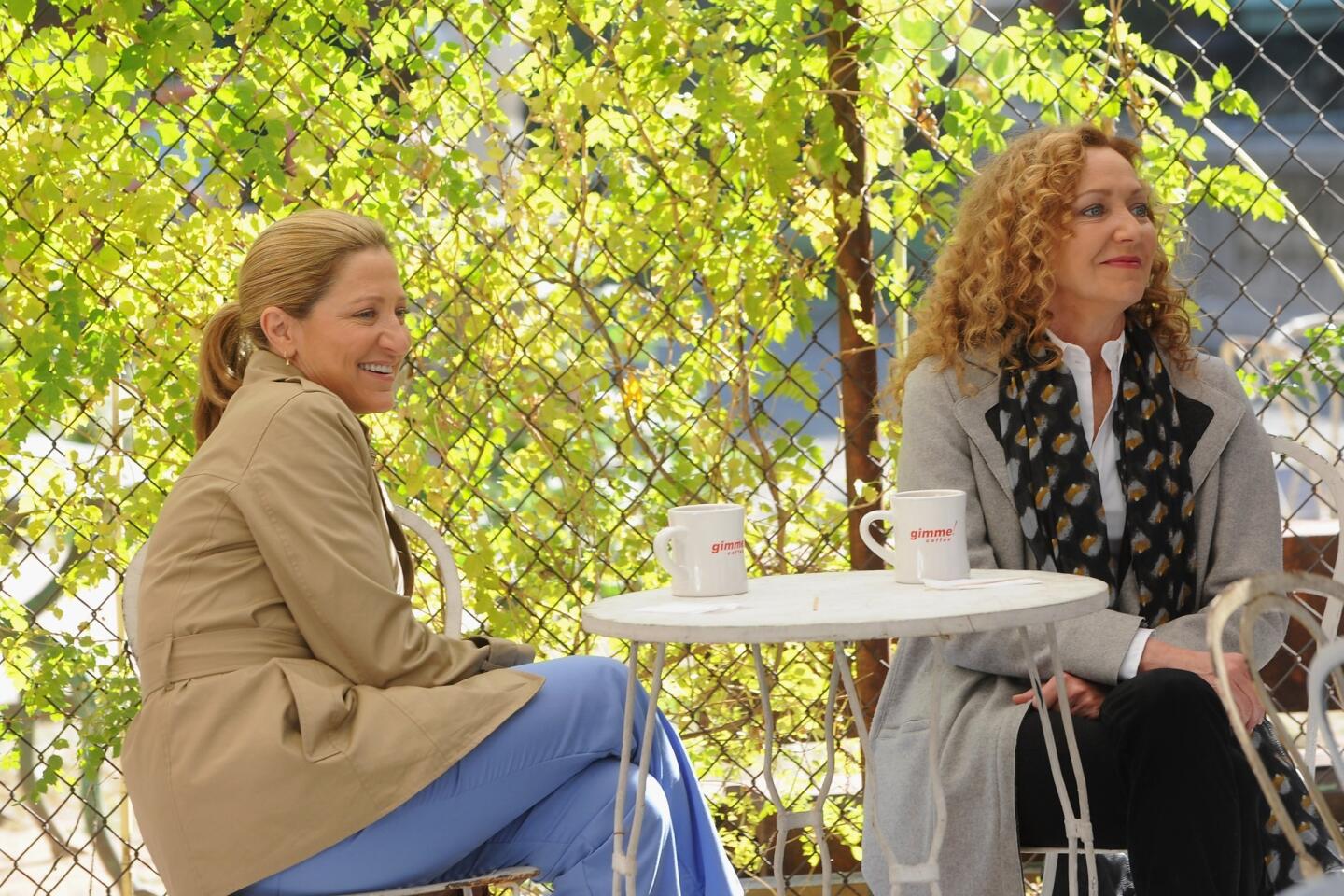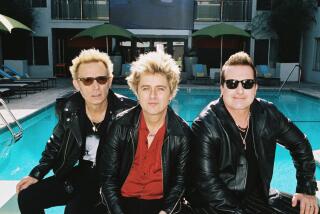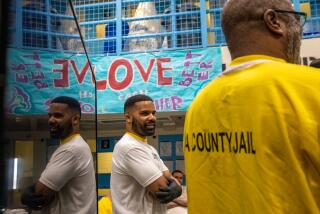Review: ‘The Armstrong Lie’ smartly details Lance’s scandalous cycle
- Share via
“The Armstrong Lie” is about as angry and confrontational as documentary titles get, but filmmaker Alex Gibney has good reason to feel aggrieved.
One of the top documentarians working today, with films such as “Enron: The Smartest Guys in the Room” and the Oscar-winning “Taxi to the Dark Side” to his credit, Gibney was finishing a Lance Armstrong film with a very different, more upbeat title, “The Road Back,” when the evidence became indisputable that the cyclist had used performance-enhancing drugs.
The news was remarkable not just because Armstrong had won the Tour de France, the sport’s premier event, a record seven consecutive times but because for a decade and more he had denied any association with doping with a force and emphasis that was intense enough to be almost frightening.
PHOTOS: Holiday movie sneaks 2013
Production on the documentary was shrewdly halted, and now a newer, edgier film is on view, a thorough and engrossing investigation that manages to smoothly integrate footage shot for the earlier work into a very different framework.
As its title indicates, “The Road Back” was going to concentrate on Armstrong’s 2009 comeback, his attempt to win the Tour one more time after retiring four years earlier. The focus in “The Armstrong Lie” would be on how and why that elaborate charade collapsed and the part that problematic comeback played in it.
Armstrong himself sets the tone for the film in a series of candid interviews he gave Gibney in the aftermath of his public confession to Oprah Winfrey. “I didn’t live a lot of lies,” he tells the documentarian. “I lived one big lie.”
Even in this mea culpa, it is easy to see why the cyclist was so convincing for all those years. Armstrong is an intense, focused speaker with a force of personality that can change from welcoming to intimidating in a New York minute. When he admits that he hates losing more than he loves winning, that “to me losing equals death,” it’s one time when you can believe him absolutely.
PHOTOS: Celebrities by The Times
Gibney interviews not only Armstrong but also knowledgeable journalists like Outside magazine’s Daniel Coyle and British journalist David Walsh, one of Armstrong’s bête noires. Even more revealing are his interviews with Armstrong teammates and former loyalists like Frankie Andreu and George Hincapie, who are still dealing with the psychic scars of that association.
The documentarian also had access to one of the most fascinating members of Armstrong’s entourage, the doctor and coach Michele Ferrari, whose program of “minimum doping, maximum training,” was wholeheartedly adopted by the cyclist.
One of the strengths of “The Armstrong Lie” is its determination to place what Armstrong did, his use of the drug known as EPO as well as hard-to-detect blood transfusions, in the context of the cycling world it took place in.
For the reality of professional cycling in the Armstrong years was that just about everyone was a scofflaw, that what Armstrong did was not an attempt to beat the system but rather a willingness to play by the system’s demands. Still, this kind of moral relativism goes only so far as an excuse, with more than one observer saying, “he broke the rules everyone broke, but he still broke them.”
RELATED: More movie reviews by The Times
“The Armstrong Lie” is at its best when it deals with the linked questions of why Armstrong decided on the comeback, a move that triggered his downfall, and why he engaged in deception for so long.
Aside from his hatred of losing, the film posits that Armstrong got so caught up in the mythic drama of his own story — cancer survivor becomes the Superman of cycling — that he couldn’t resist the unexpected comeback that would be the logical next chapter. The whole truth about the complicated, charismatic man may never come out, but “The Armstrong Lie” is closer than we ever thought we’d get.
----------------------------------
‘The Armstrong Lie’
MPAA rating: Not rated
Running time: 2 hours, 3 minutes
Playing: At Laemmle’s Royal, West Los Angeles
More to Read
Only good movies
Get the Indie Focus newsletter, Mark Olsen's weekly guide to the world of cinema.
You may occasionally receive promotional content from the Los Angeles Times.
